NAT i ONS




























































































































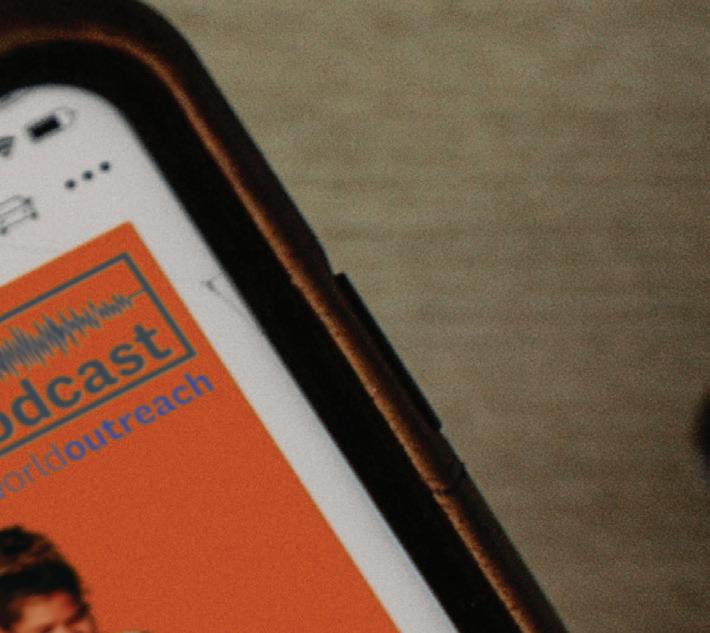




World Outreach turned 90 earlier this year (2022)!

Throughout this year, ‘Heritage’ has been the theme in all three editions of the Nations magazine. In this particular publication, we’ll be continuing our journey through the decades by focussing on the development of World Outreach during the 1990s, 2000s and 2010s. This was a momentous time of expansion.
Have you ever forgotten something really important? I have! For example, my youngest son once rang me asking for a lift home from youth group. I answered that I couldn’t. He indignantly asked, ‘Well, why not?’ I told him I was in India. ‘When did you go to India?’ he asked in a surprised tone. ‘Last night at midnight,’ I sheepishly replied. ‘Why didn’t you tell me you were

back on the incredible ways the Lord has faithfully guided, provided,
and
us over 90 years.
going away?’ he asked. It then dawned on me that I had forgotten to tell my kids I was going away for the week to speak in India.




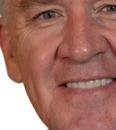


Sometimes we forget what we should remember and remember what we should forget. The Lord knows how easy it is to forget important things. So, in the Old Testament in particular, we read of the Lord instructing his covenant people to purposefully and intentionally remember the great things he had done for them.
This is especially brought to light in the story located in Joshua 4:1-9. The conquest generation had just miraculously passed through the dried-out Jordan River. Joshua instructed chosen representatives from each of the 12 tribes to go into the middle of the dried-out river and take a stone as big as they could carry from beside where the priests were standing with the ark of the covenant on their shoulders. They were to carry them back to shore and lay the stones on top of each other as a memorial.
Why were they directed to do this? To “…serve as a sign among you. In the future when your children ask you, ‘What do these stones mean?’ Tell them that the flow of the Jordan was cut off before the ark of the covenant of the Lord. When it crossed the Jordan, the waters of the Jordan were cut off. These stones are to be a memorial to the people of Israel forever” (Joshua 4:6-7).
In short, they were to do so for two reasons. Firstly, to set up a perpetual reminder to future generations of what the Lord had done in the past. It was to prompt the current generation to communicate to the next about the miraculous way the Lord had made a way through a flooded river to get his people to the other side. Each generation has a responsibility to tell the next about the greatness of God (see Psalm 71:18; 78:4). The lesson being that we, also, must take time to tell the new generations all that God has done in our lives so they know the mighty, miraculous and marvellous things he can do.
Secondly, it was to be a memorial (vs. 7). In other words, it was to serve as a sign to stop, pause, reflect, recall and remember what God had done for them. This generation were to develop a grateful and thankful heart. They were to remember over and over what God had done. Tragically, ungratefulness is a sign of a short memory. By way of application, we too, need times of reflection (like the Israelites had the memorial stones) so we don’t forget what God has done, but remind ourselves and give thanks.
Just as we in World Outreach reflect back on the incredible ways the Lord has faithfully guided, provided, protected, empowered, strengthened, and directed us over 90 years, I encourage you to apply these two lessons. Firstly, tell the new generations all that God has done for you. Secondly, regularly take time to reflect on all that God has done in, through and for you over the years, then give him appropriate thanks and praise.
Thank you for partnering with us in evangelising and discipling unreached people groups.





God bless,






Formal proposal for the World Wide Web East and West Germany are reunited after the collapse of the Soviet Union
The Internet becomes available for unrestricted commercial use



Operation ‘Desert Storm’ begins in Iraq Boris Yeltsin becomes Russia’s first elected President
Nelson Mandela is elected President of South Africa in the nation’s first multi-racial elections

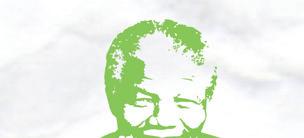
Ebay is founded 1996



Princess Diana and Prince Charles are divorced 1998 Google is founded 1999
Worldwide panic over the Y2K problem and the millennium bug

Bill and Fanny Molenkamp relocated from Hong Kong to the Netherlands 1992
1992 first global gathering of WO personnel for the 60th anniversary of WO 1995
John Elliott took over from Bill Molenkamp as International Director
International Office Shifts from Hong Kong to Singapore in
Formation of the WO ‘Mission Council’ (which later became the ‘International Leadership Team’) comprised of experienced and seasoned on-field personnel to assist the International Director in the direction and development of the Mission









Major period of expansion in numbers of missionaries and fields

2000s
9/11 attack on New York and Washington Launch of the ‘War on Terror’

40 million people now estimated to be infected with AIDs 2004


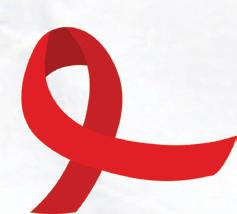
Massive tsunami sweeps across many nations, mainly SE ASia
Facebook is launched as a social media network



YouTube is founded 2007



































Collapse of Wall Street and Global recession iPhone launched


2009
Michael Jackson died

Triennial gatherings of WO personnel held in both Asia and Africa
70th anniversary celebration held in both South Africa and Thailand
Major ministry focus ‘think-tank’ held in Cape Town which affirmed that WO existed to engage with unreached people groups 2005






WO leadership met and established a 2005 – 2010 strategic UPG plan –the first of its kind











2010
iPad launched by Apple 2011
Osama Bin Laden killed Earthquake and tsunami in Japan 2012
Massive blackouts in India leaving 700 million without power 2013
Nelson Mandella dies 2014 MH370 goes missing MH17 shot down 2015

Paris Agreement on Climate Change ISIS expands brutal attacks
2016
Britain votes to leave the EU Donald Trump becomes President of the USA
Global 80th anniversary of WO held in Chiang Mai, Thailand 2016
Transition of leadership from John Elliott to Bruce Hills (in 2017)
2018
85th anniversary in Chiang Mai, Thailand Major inroads into new Unreached people groups
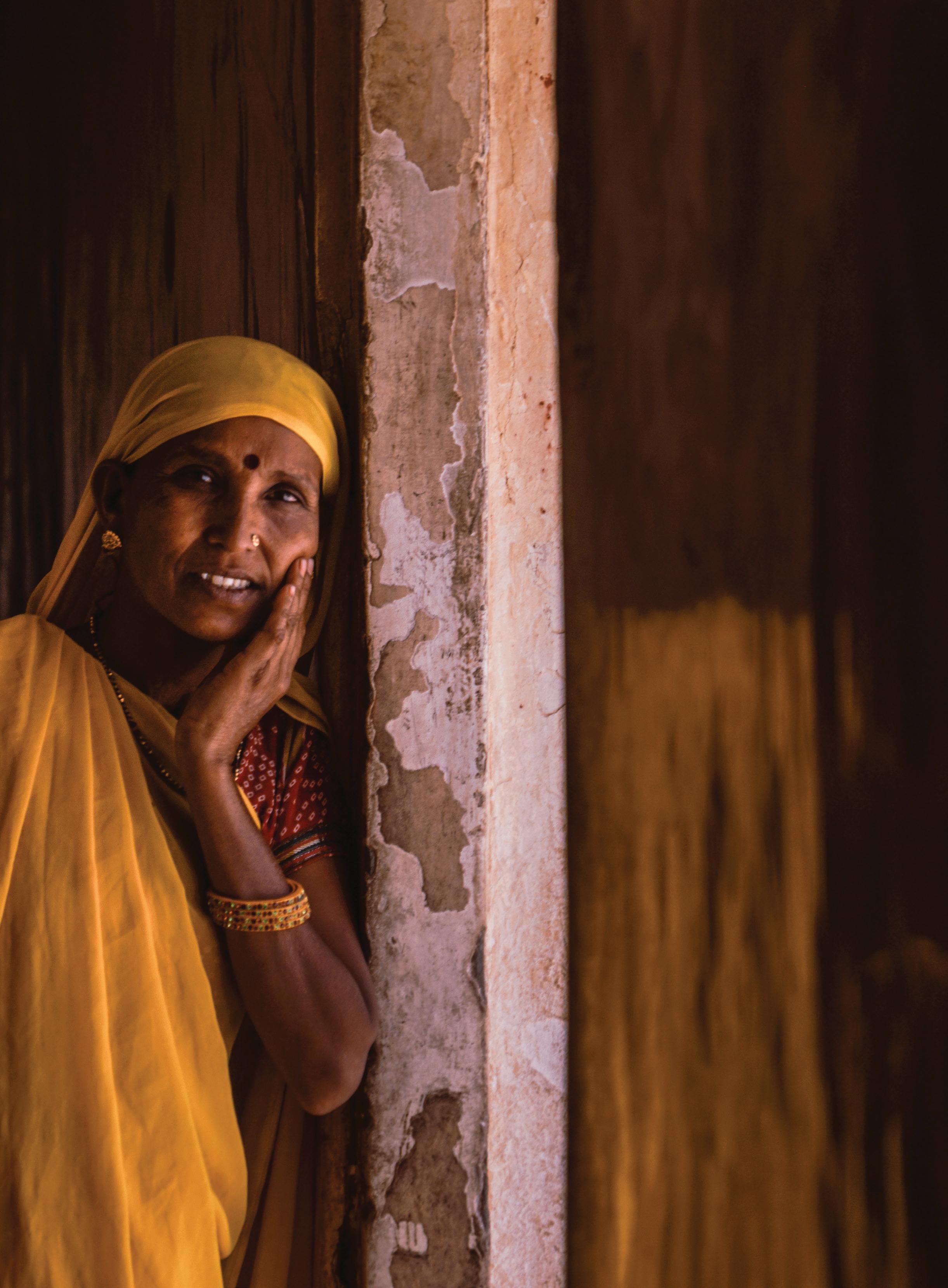
Born into a family whose whole life revolved around church, it is difficult for me to remem ber when I had not known or heard about church. I was born in a hospital next to a church building, then brought home to a church building. I knew more of churches and buildings than my own father, who was absent when I was born, as he was posted in the Bangladeshi city of Chittagong, prior to the division of India. His company driver took my mom to hospital and hence laid claim of fatherhood to me for as long as I can remember. As a child I played in the church compound and my family’s idea of fun was attending church or church meetings.
“Church planting” is not a term found in Holy Scripture but coined by a missiologist for want of a better term. The roots of the term “church planting” were found in the 19th century, but it is a term that dominated the missiological world of the 20th, and now spans into the 21st. I be came aware of this term as an infant when I would only see my mother when she was home and not involved in some church work at any given point in time. It became a term I did not want to hear and abhorred in my growing-up years, though I was not free of it, as I had to be the driver for my mom, uncles, and brothers, who were all involved in it in one way or the other. For my brothers, they were planting churches even when they were studying at university.
To make a long story short, it was in the year 1978, while living in the United States (US), a still small voice inside me suggested I return home to India. I had been offered and considered settling down in the US to work as a partner in a business
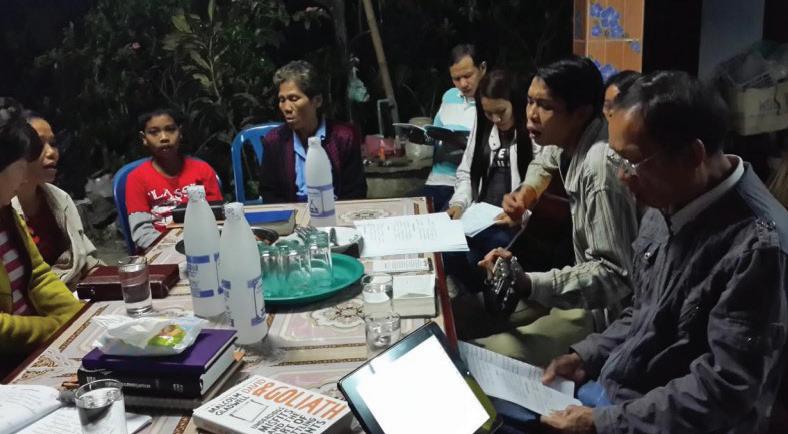
house and, once established, I would bring my family across the pond to live as a family. It was a challenge to give up the American dream, but the decision to forego this opportunity was made easi er by my wife’s hesitancy to change and transplant cultures. Our children were still very young. It took me the whole of 1979 to prepare to return, not knowing what I would or could do. All I had was a very clear instruction from the still small voice that I start working for the Lord in church planting, but not for a salary or in a paid job.
I had not made many friends in the Christendom of the US at that time who could potentially sup port us. Consequently, I was unsure how we were going to survive back in India, so I had to depend on what I had in my hands. It was to be the start of what I would later know as a life of faith and its outworking.
Once back in India, I started getting involved in the traditional way of establishing churches, but with an emphasis on reaching the regions beyond where historical denominations already had a presence. It was a long, arduous, hard road, though not impossible. The challenge was to find the right person to lead a fledgling church. Then, when you found one, the need arose for the appropriate resources to fund them.
Thus, my journey began. I joined a church organi sation and started the adventure. Between 1980 and 2000 we established hundreds if not thou sands of small local congregations. However, the attrition rate was also very high. This was due to many reasons though chiefly it was the economy of these little congregations that left them vulner able.
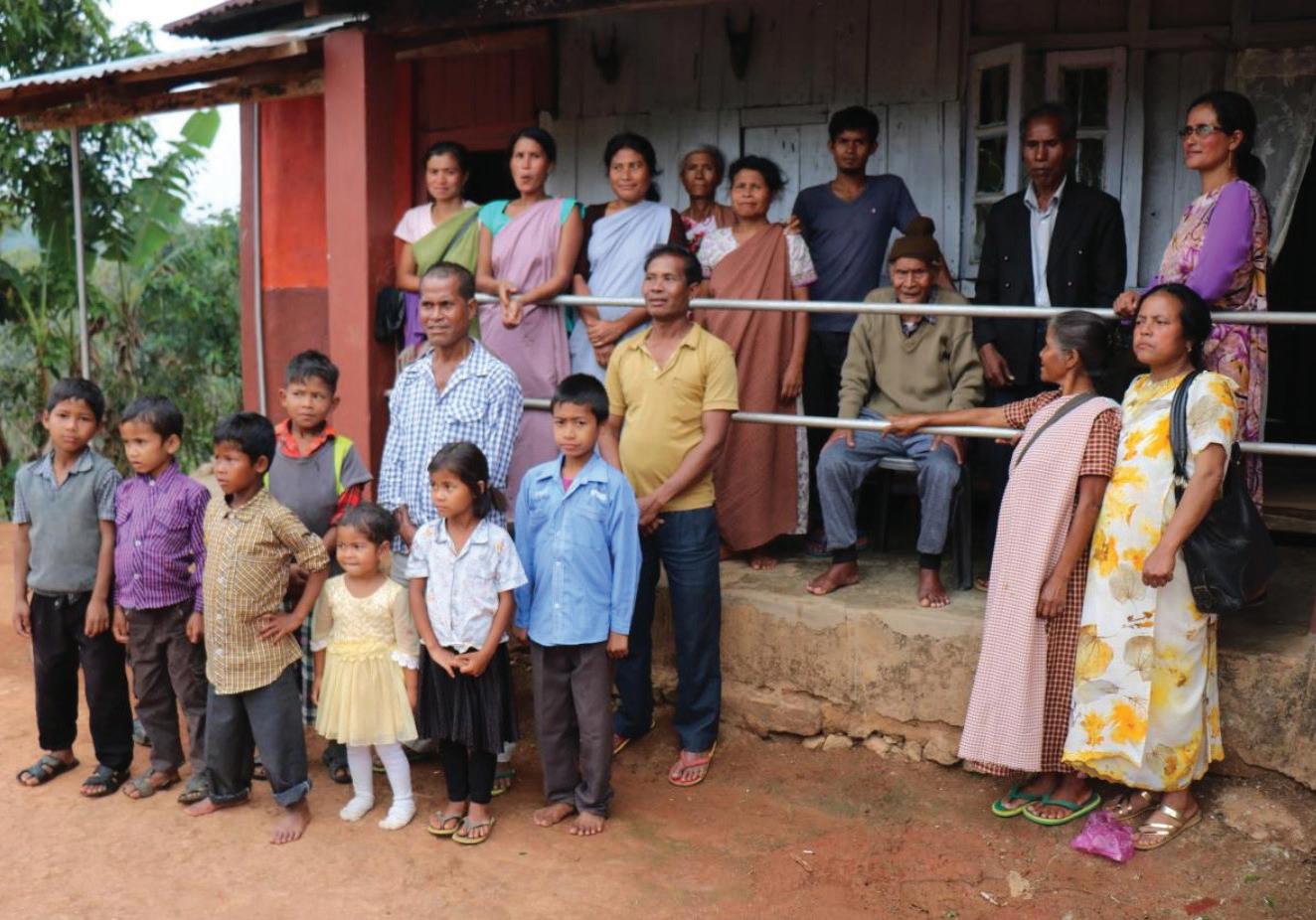
It is a dilemma that baffles those involved in estab lishing congregations in the modern world, a world where ministering comes with the expectation of a financial package being provided. It is much easier to say, “live by faith”, but so difficult in its outwork ing. There are some who do succeed, but many do not. I became unsatisfied with the finished product of the so-called church planting.
Meanwhile, by 1983, I got to know David Wallis of World Outreach (WO), who, at the time, was living in South India. He was a teacher facilitating leadership development for most of the Pentecos tal leaders of South India. In my meeting with him, he expressed the desire to have some inroad into North India and other places. He was my first con tact with World Outreach, and through him John Elliott (former International Director of WO) came into the picture. David Wallis was John Elliott’s leader while they were in the Philippines, and they were good teammates. John had moved to Hong Kong and came to India for a seminar in my city. When he visited with a few others, the start of our association with World Outreach began.
World Outreach, which was never a funding-agen cy, was a good facilitator of relationships. In a journey of undeniable development, they cast a vision for local churches to reach the unreached. We started organising “Life in Christ” seminars and publishing the “Life in Christ” magazine, which was a great tool for leadership development. Together with David Wallis, we were the first to enter Nepal and Myanmar with leadership development semi nars before those countries fully opened.
I met Peter Smith (former Field Ministries Direc tor of WO) for the first time in 1992 in Singapore and our friendship started and has stood the test of time. Thus, my journey with World Outreach began and, as they say, the rest is history.
It wasn’t until January 2006, while I was attending the Strategic Coordinator’s course in Singapore, that I became convicted of the way things were being done. My conviction came with the reali sation that Jesus said, “Follow me and I will teach you.” While all that time I had been trying to teach others. It struck me that the church must go back “home” if it was to be established. I made the mis
take of trying to get people to church when what I should be doing is taking the church to their hous es. The church must come home! Jesus brought the church to Mary & Martha’s house, Paul took it to the house of the Philippian jailor; Jesus went to the centurion’s home; he went to Peter’s house; he even went to the upper room of a house for the last supper.
The father or mother of the house are the keys to their family and, if a church is to be established, it then must be in their houses and not in the temples. What a paradigm shift! I didn’t instantly become an expert but, in my amateurishness, a light dawned, the sun rose, causing the Son to rise in my heart, and Eureka! For me personally, I saw the light! “Christ, the head of the home” is not a slogan or poster we put on our walls, but a reality we must put in our hearts. Thus, the next part of the journey began, and I started moving in that direction, where I can see every father as a pastor, every son an evangelist, and every mother and daughter as a teacher.
For me, it was a real divine strategy. He incarnates himself in every family that open their hearts, opening not to a theology but to a reality they can all be disciples. The secret was in finding the “man of peace” in either a house, a village or a commu nity, but most importantly, the house. The very im portant paradigm of seeing the father/mother of a family as being the lead pastor moved the strategy from being exclusive to being inclusive.
This house church then becomes the place where the meal becomes a sacrament, the bathroom can become the baptismal. Seeing the sanctum sanc torum not as a place in a special building but in the heart of a house took the strategy back to the first century, pre-Constantine and pre-Roman world. This was a big revelation and a revolutionary thought directly challenging the traditional institu tion. To some, it is sacrilege. To the institutionalist, an abhorrence. To position-seekers, a threat. This model cannot be done where tradition has already been established, but it can be done in the regions beyond where no stigma is found, and future con stituents are not tarnished. Thus, the world where Jesus sends us becomes larger. Identifying and discovering that “man of
peace” is so important. We’ve learned that you do not go in because a young son or daughter could be extracted from the family; instead, we must have the patience of waiting for the family to be opened and the man of peace being the door opener. Thus, new fields opened in different places across India where the traditional churches have no presence and where families do not feel threatened by a new religion.
Learning from the incarnation of Jesus, we begin to understand that we do not go to change their culture, but to redeem it. How they pray is not wrong, but to whom they pray is very important. When, in their own family, they can see that the One to whom they pray brings healing from hurts and deliv erance from oppression is a great opener. Where they do not need a special person from outside their community but that they can go directly by themselves to the altar brings change.
Since this discovery, thousands of churches in homes have begun to emerge across India and other countries like Myanmar, Thailand, Cambodia and in many other places. It’s like wildflowers growing in the unknown valleys all around the world.
As a term, “church planting” is a misnomer. Jesus never commanded the church to be planted; he said he will build the church. He is the builder, the finisher. He is the mason and the carpenter. All that he requires of us is to be obedient as workmen to build according to his design. It is not a one-size-fits all philosophy, nor one design for all churches. He wants us to respect the cultures we go to, not to change them, and allow the process of redemption to be outworked. May his commandments be obeyed, his steps followed, and his words embedded, so that his life will thrive in the nations.
Aside from Dr K’s work, there are many other church planting teams in Northeast India. Over recent years, in excess of 60,000 people have been baptised through their work. In addition, WO has a thriving team operating out of Mumbai and a couple of effective works working among vulnerable young ladies.
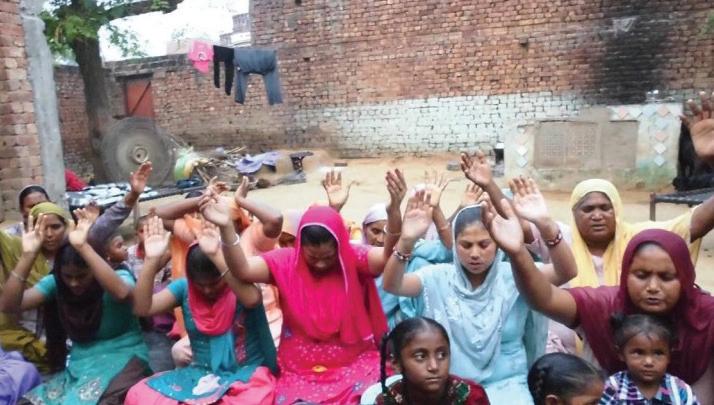
The founder of World Outreach (WO), the late Dr Len Jones, was well known as a pioneer, a man of inspiring vision and great faith. It’s exciting to know that these godly attributes have continued to be reflected among WO personnel to this very day.

amazingly gifted and sacrificial missionaries, in volved in incredible ministry achievements, yet not knowing or aware of how to share their knowledge and vast experience with WO missionaries serving in other nations.
In 2003 thirty senior WO personnel gathered together in Cape Town, South Africa, for a 4-day ‘think-tank’ led by an independent ‘change agent.’ Two of the key outcomes of this gathering was that all agreed WO must move away from its dis jointed collective identity and become a ‘integrat ed apostolic sodality,’ and, secondly, ‘WO existed to evangelise and disciple Unreached People Groups (UPGs).’ Thus began what we captioned the World Outreach 2010 journey of change!
Further think-tanks, vision team get-togethers and regional summits followed over the years, as we wrestled with re-inventing WO while maintaining the non-negotiable godly pillars the Mission was founded upon.
Len Jones - FounderAfter World War 2, WO began to expand with missionaries going out and pioneering new min istries. Individuals and couples alike ‘burnt their bridges,’ leaving homes, loved ones, and passport nations to follow God’s call to take the Gospel of Jesus Christ to people of other cultures.
Over time, WO was unconsciously seen inwardly as a ‘disjointed collective’, i.e. an organisation of
At the same time, WO had a wealth of experi enced cross-cultural personnel, who not only had a vision for their respective ministries, but a desire and passion to help WO become a relevant and effective 21st century mission organisation. To this end, different field personnel were appointed to serve (part-time) and lend their expertise and knowledge on such key bodies as the WO Vision Team (VT), the International Leadership Team (ILT) and the WO International Board.
While there were many strategic leadership gath ering milestones over the years, one exciting de velopment resulted from a retreat in Malaysia with members of the ILT and Board. The outcome was the ‘inverted pyramid’, where the whole organisa
tional structure was turned upside down, with UPGs becoming the major focal point. This meant all future ministry vision would become field-driven, with change being facilitated over time via regional vision team gatherings.
WO also adopted a ‘lifestyle of learning’ whereby the leadership were committed to providing specific training opportunities, upskilling and annual member-care of its field personnel. The annual Nations Course, Coaching, Church Planting Movement and Child Safety Protection training were some of outcomes.
Today, 90 years on, WO has become a vibrant, multicultural organisation, with a very effective communications team who regularly share, via different media means, testimonies of UPG fami lies and communities who have become followers of Jesus Christ. In the past 20 years, many WO church-planting movement (CPM) teams in Asia and Africa, have seen the Lord of the harvest usher tens of thousands of newly baptised believers into the Kingdom of God. Hallelujah!
With an increasing number of WO in-house and on-line training becoming available, WO set about to promote and provide a variety of Pathways To Serve. Today scores of new missionaries have taken advantage of different pathways.
The WO leadership identified itself as a flagship among a fleet of different shape and size ships that reflected the fellowship of ministries within WO. The flagship would serve, monitor and provide spe cial services to the fleet of ships, thereby helping them become even more effective in achieving their respective strategic goals and God’s ministry call.
The triennial WO global conferences and special mission dinners attracted church leaders, business people and friends of WO, who became aware of our ever-evolving 21st century mission organisation that God’s hand of blessing and favour was upon.
Praise to his Name!
Elliott
Congratulations to World Outreach on its 90th anniversary. My personal connection goes back a long way to when Len Jones was director and Chas Bilby was New Zealand direc tor. This is the late 50s and early 60s. I still recall Len Jones visiting our church, showing slides and presenting the challenge of the missionary call.
In addition, Dal and Dorothy Walker (WOs first missionaries in Indonesia), became my par ents-in-law when I married their daughter, Valmae, in 1965. Valmae and I left for the mission field in 1966, spending one year in the Philippines and, following that, 7 years in Indonesia. It was there that we formally linked up with World Outreach (WO) as we ministered in Indonesia through radio, literature, evangelistic crusades and a Bible correspondence course.
In the mid-1970s, I was pastor of a church in Wellington, New Zealand (NZ), when the call came from Chas Bilby (then International Director of WO), asking me to consider becoming International Director in his place. I agreed and served 7 years in that capacity, first based out of Wellington, NZ, then for 3 years out of Dallas, Texas.
During my tenure, among other duties, we initiated a ministry in Egypt through pastor’s semi nars and leadership training. I believe this was the first time that WO opened a ministry in the Middle East.
In 1983 I resigned to pursue a political run for the NZ Parliament and passed the baton to Bill Molenkamp, a long-time ministry associate and WO missionary.
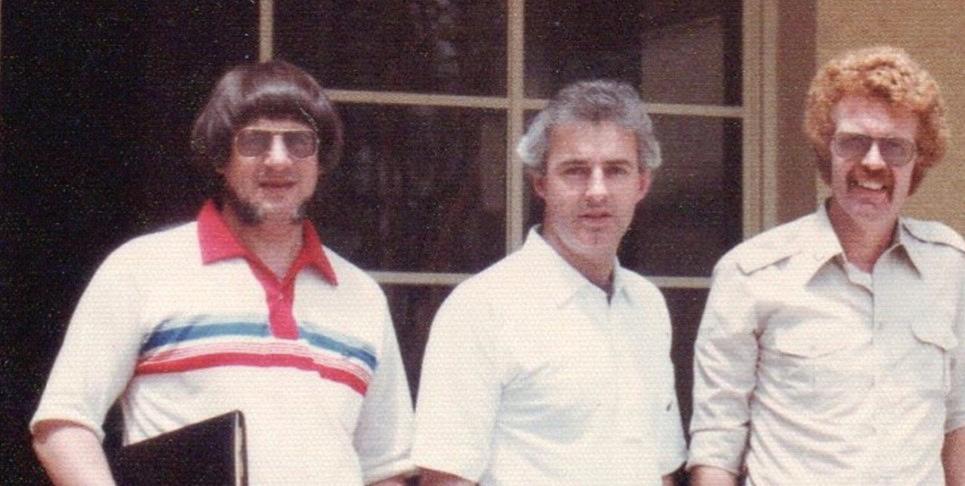
World Outreach continued to grow over the years and now has reached its 90th anniversa ry. Our prayer is that it will continue to fulfil its mission worldwide, maintain its purpose of reaching all people with the gospel, and equipping pastors and other leaders as they grow in the Lord.
Don Crosbie - Dallas, Texas, USA
First of all, my wife, Fanny, and I want to congratulate the leadership and all members of the World Outreach family on its 90th Anniversary!
Ninety years of total commitment to the cause of Christ and his Kingdom is something to cele brate and give thanks for! Thanks be to God for his faithfulness, and also, of course, a big ‘thank you’ to the many faithful missionaries and national workers in many countries of the world. And not forgetting, the thousands of faithful supporters from churches all over the world. God and his people have been faithful. For that we give thanks!
I first contacted World Outreach at a very decisive and formative year in my life, in the late 1950s when studying in England. World Outreach was at that time known as the ‘Slavic and Oriental Mission.’ After several talks in the mission’s office in Dorchester, England, and corre spondence with David Greening, the British Director, and with Len Jones from Wanganui, New
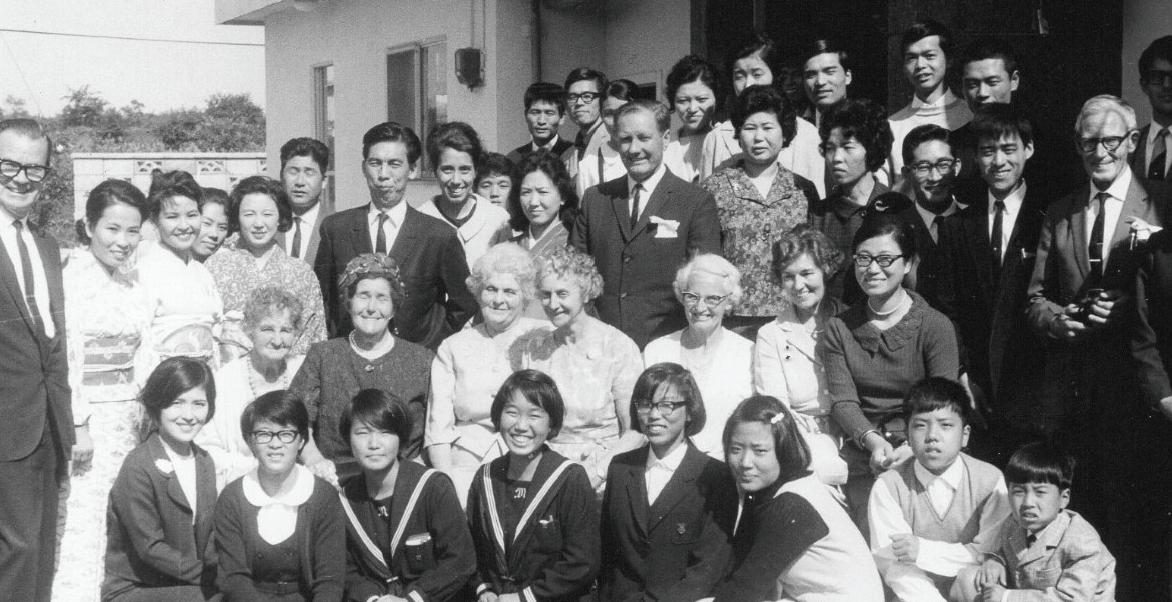
Zealand, I was accepted as a World Outreach missionary to Japan, working with Literature, Radio and Bible Correspondence Courses. I had the privilege for some years to meet, talk, and work with Len Jones in his dynamic leadership visits to Japan. What an inspirational man he was, always thinking big and visionary, but, at the same time, humble enough to accept a young man’s advice on doing things differently in Japan. I grew under Len Jones in capacity and in daring faith.
I also vividly remember the period that Chas Bilby directed World Outreach (1974-75) – what a sweet man was he, at least to me! In that period, I spent weeks on and off in Japan and Hong Kong, managing the Mission’s publications. It was from Chas that Donald Crosbie took over the leadership of World Outreach (1975-83).
With Donald’s invitation to accompany him on travels in Egypt, it became possible to give substance and form to what I had tried to challenge the Mission for some time – to engage the Muslim-world. Out of that grew successful and effective ministries, first with the colourful, Magdy Bassaly, and later with the solid, Nathan Bassaly.
I accepted the Directorship of World Outreach from Donald and the International Board in 1983. Above all, I felt the privilege to work and fellowship closely with the many dedicated missionaries in the various fields. Wonderful people who all have affected and enlarged my life and work.
The most closely that I worked with any of the previous Directors was with John & Mary Elliott. John and Mary came to live in Hong Kong, rather near us, where we already lived for a number of years. At that point in time, I again challenged the Mission to another emphasis - ‘reaching unreached peoples’.
I immensely enjoyed the ‘Mission Seminars’ John and I did together in many churches in New Zealand and Singapore. When the appropriate time came (1995), it was with a sense of confi dence that I insisted, with some who felt otherwise, that John Elliott should be the one to step into my shoes as the next International Director. Together with Mary, he did a wonderful job leading World Outreach into a new dimension and new era.
Looking at the future, leaving 90-years, and reaching out for World Outreach’s 100-year anni versary – I do so with great confidence. First of all, confidence in God, but also confidence in the next generation where Bruce Hills has taken up the torch of leadership.
Pictured: Len Jones (left) visiting our first church in Japan with a group of New Zealand visitors in the 1970s.
On Friday 24th April, 2020, Bill Molenkamp, was bestowed with a Knighthood by the King of the Netherlands. The Mayor of Haarlem – the city in which Bill and Fanny live – rang them and conveyed the following message: ‘It has pleased His Majesty, the King of the Netherlands, to bestow on Rev Bill Molenkamp, the Knighthood of the Order of the House of Orange, for his 60 years of International and National unselfish service to humanity.’ All of the World Outreach family are incredibly proud of this honour to ‘Sir William’.
Congratulations World Outreach (WO) on this 90th anniversary year! A fantastic achieve ment and wonderful milestone for all to celebrate!
When Mary & I first joined back in 1985 we were impressed with many amazing WO personnel we had met around that time. They were wholeheartedly sold out to taking the Good News globally, far and wide – whatever the cost!
They had chosen to serve with WO, a mission organisation that recognised God’s call on peo ple’s lives. WO would in turn partner with such people, i.e. become a stake holder in their call ing, lending its infrastructure to assist missionaries in achieving the ministry vision the Lord had put in their hearts. This is one of the many strengths we have loved about WO. In its 90-year history, this ethos has not changed.
Some previous International Directors spent an average 6-9 months a year travelling! Much of their time was spent visiting WO personnel on the different mission fields, and taking every opportunity to promote the work of the Mission and it’s personnel along the way.
By the late-1990s, WO was expanding its ministries on different continents. At the same time, it was obvious that the organisation needed to strengthen its infrastructure if its missionaries were to be given the necessary on-field support, upskilling and oversight to succeed.

By the early 2000s, WO began a ‘journey of change!’ Every aspect of the organisation was up for review, starting with the question - why does WO exist? A think-tank of around 30 WO people from different nations met together in Cape Town, South Africa, along with a change agent, who led us in a 4-day exercise on the topic. The end outcome that everyone unani mously endorsed was - WO existed to evangelise and disciple unreached people groups (UPG), equipping them to disciple their own and other peoples.
Out of this very significant WO event, the following year the Mission’s values, distinctives, vi sion and ministry strategies were also re-visited so that they all reflect the UPG Mission State ment.
Vision WO2010 soon followed! This became a timeline goal whereby, via regional summits and global gatherings, all new personnel would all become aligned to the UPG vision. Back in 2003, a goal was set to see WO ministries on different continents engage with at least 50 UPGs by 2010. By that time different WO teams were engaged with 85 UPGs. And the UPG momen tum continues to this very day! Praise the Lord!
John Elliott
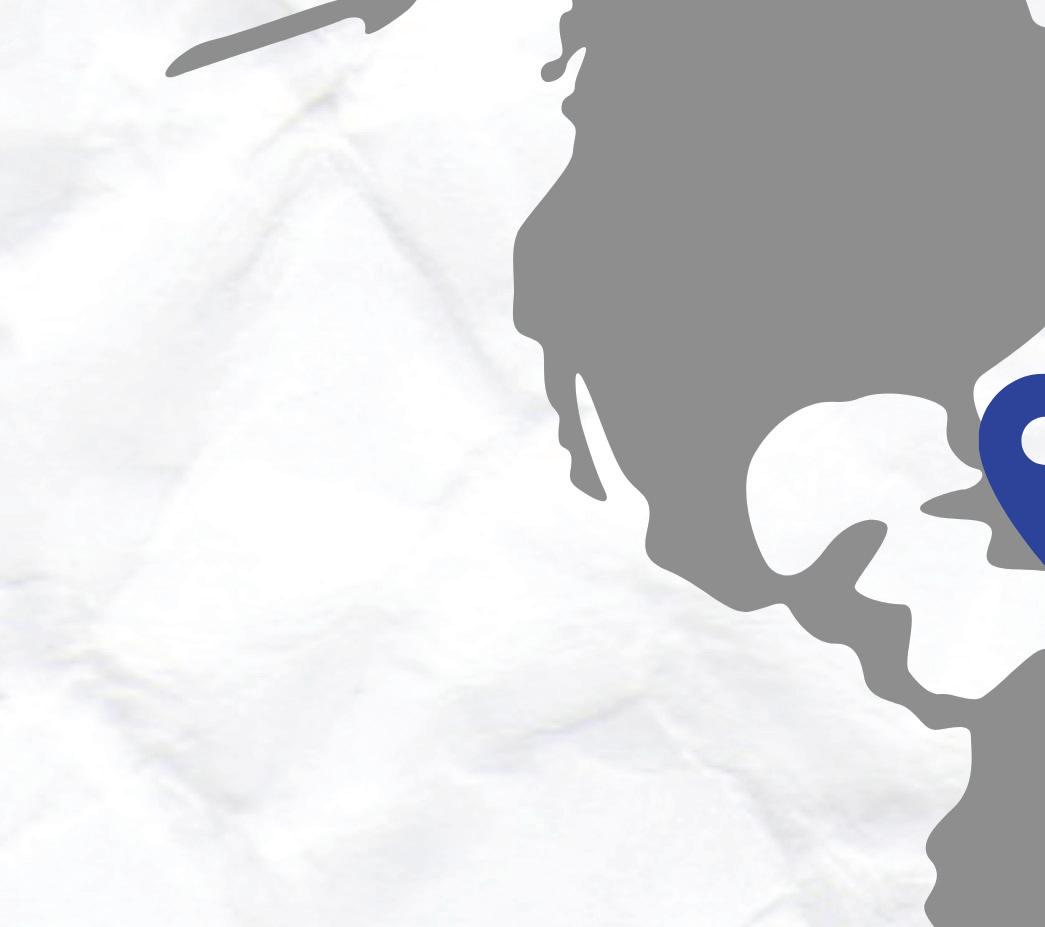

The existing fields from 1960-1989 were:















South Africa
Spain Tanzania Thailand Vietnam Zambia
Throughout the 30-year period from 1990 to 2019, WO field workers served in the following countries in addition to the ones in which WO had existing work:
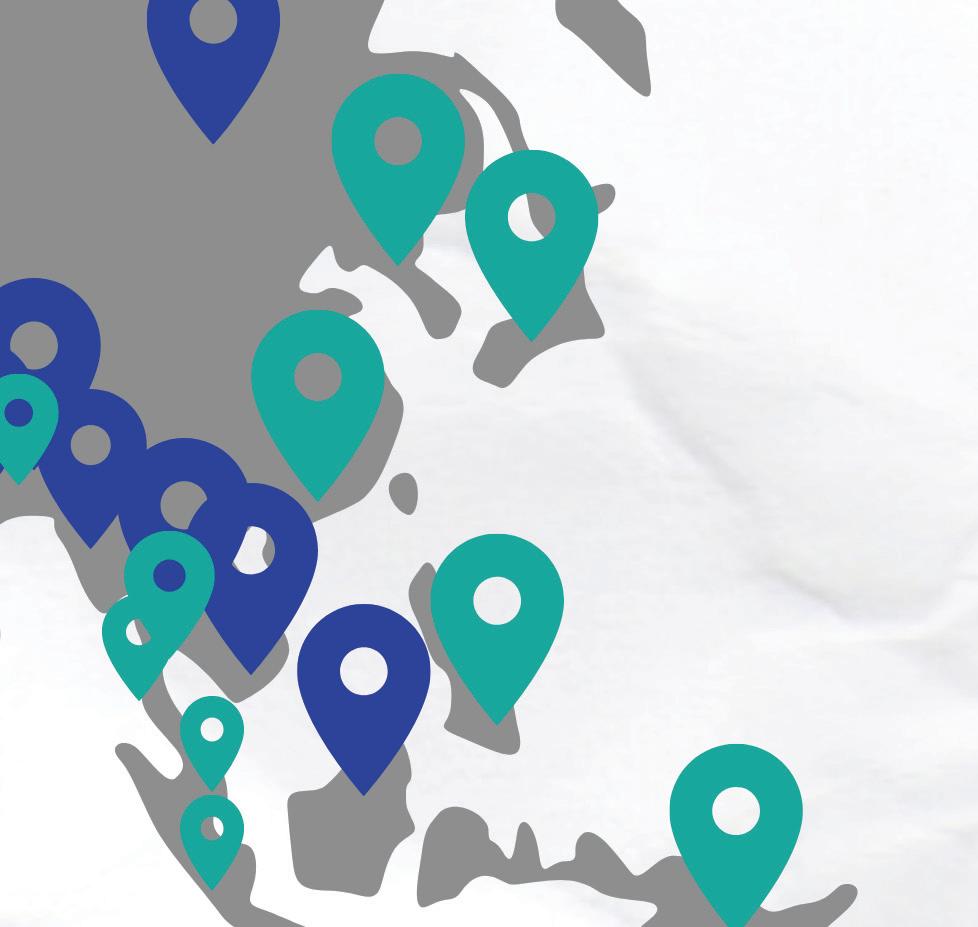
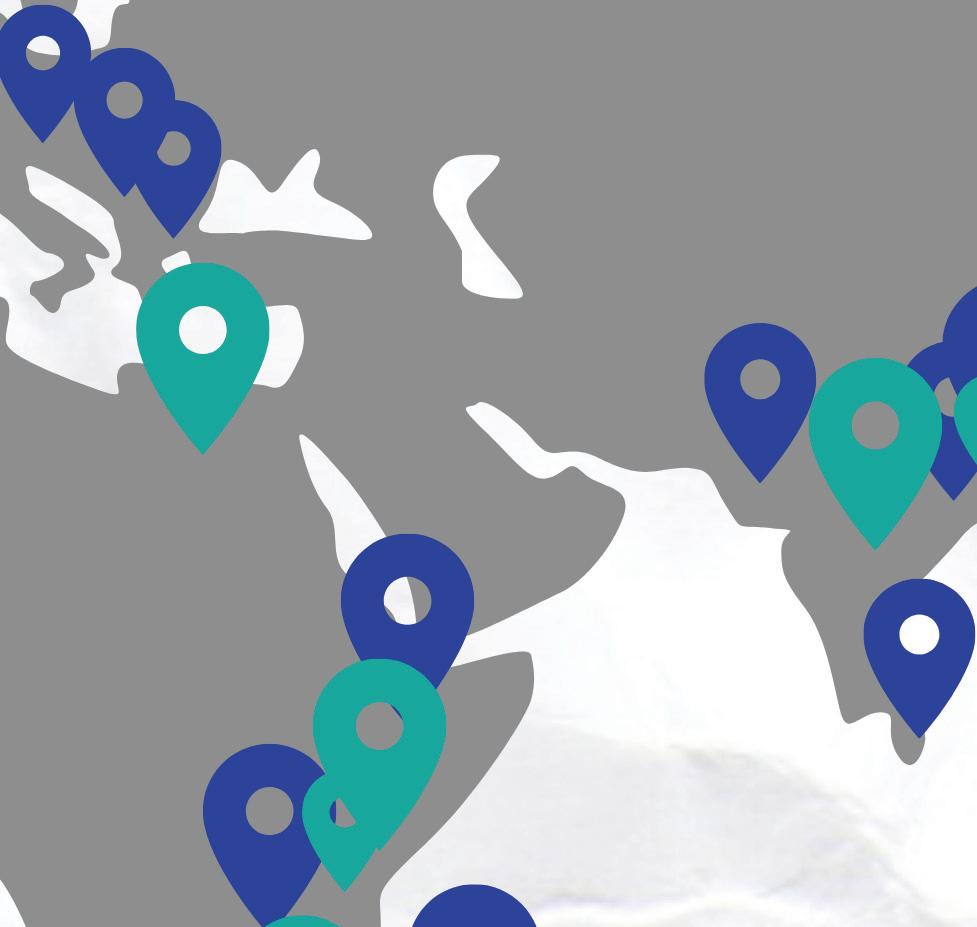
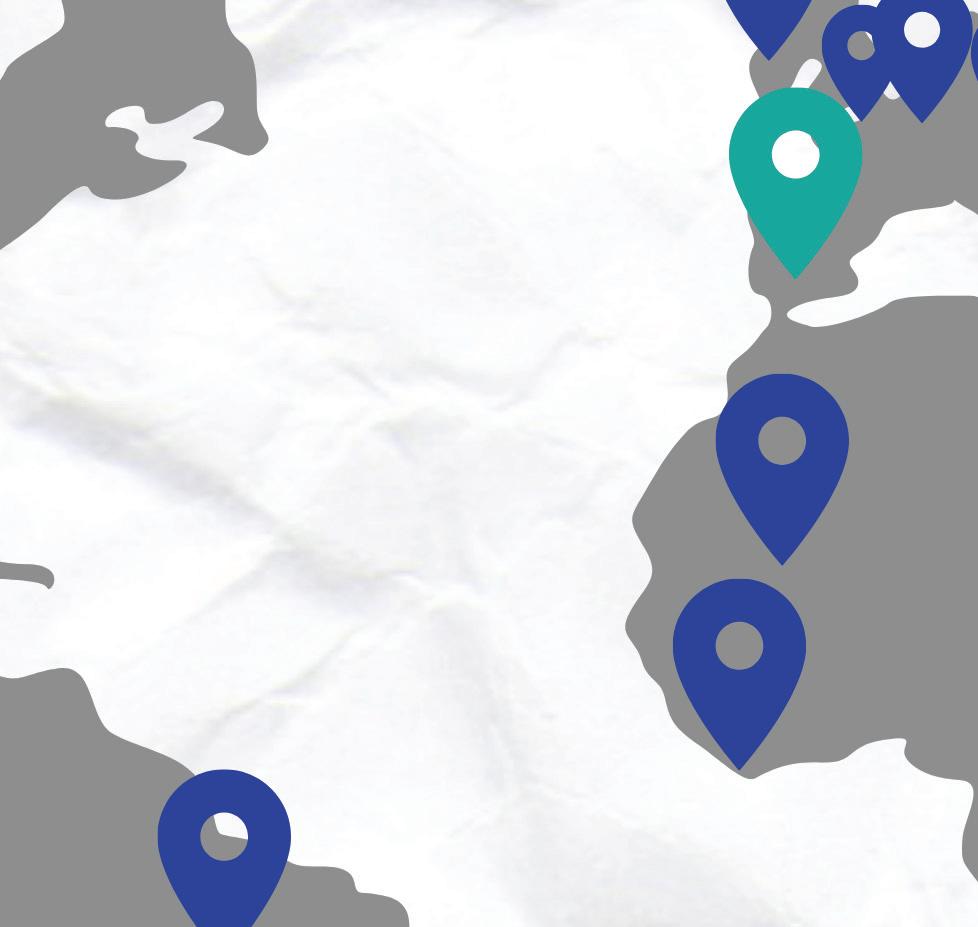
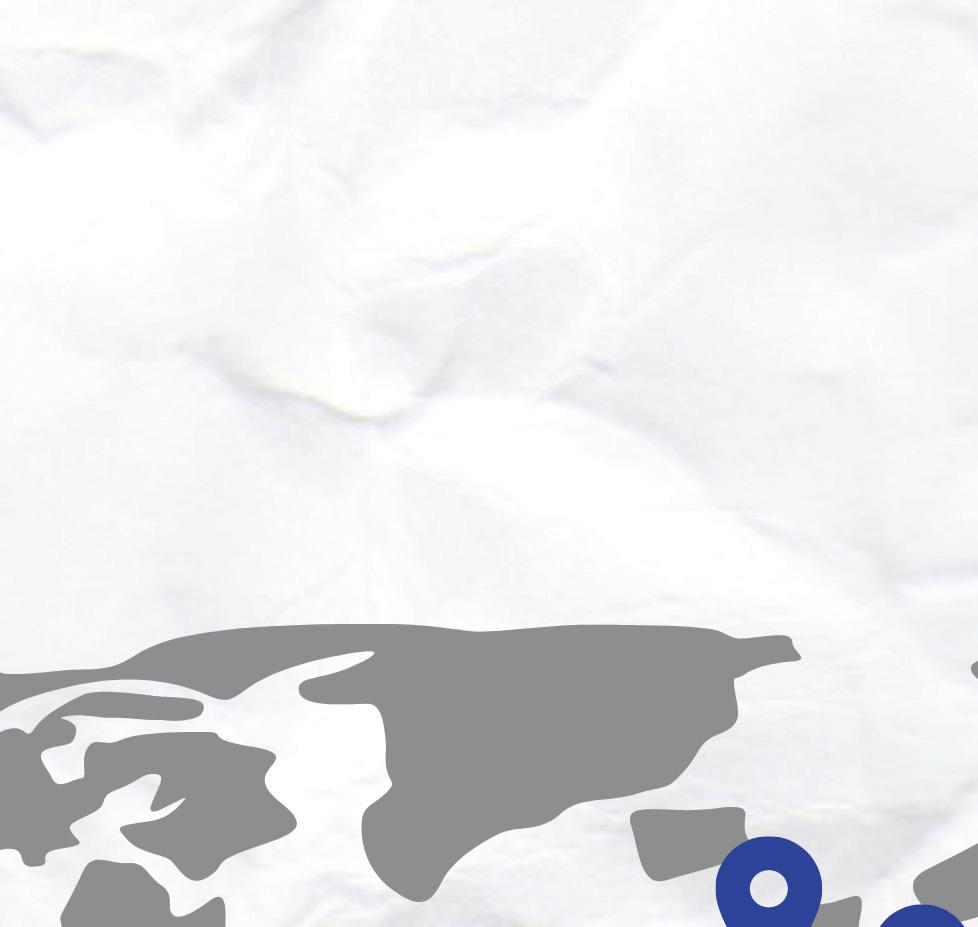
Rwanda Sri Lanka Vanuatu

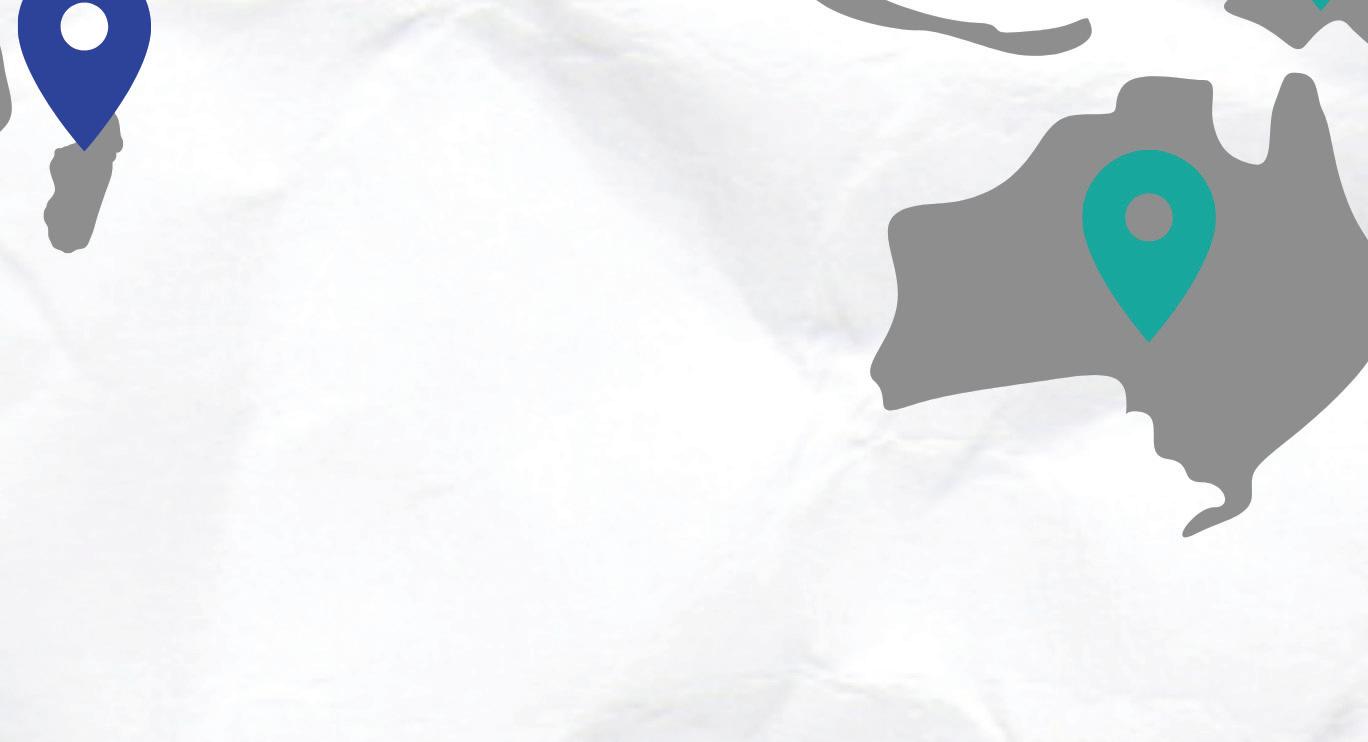
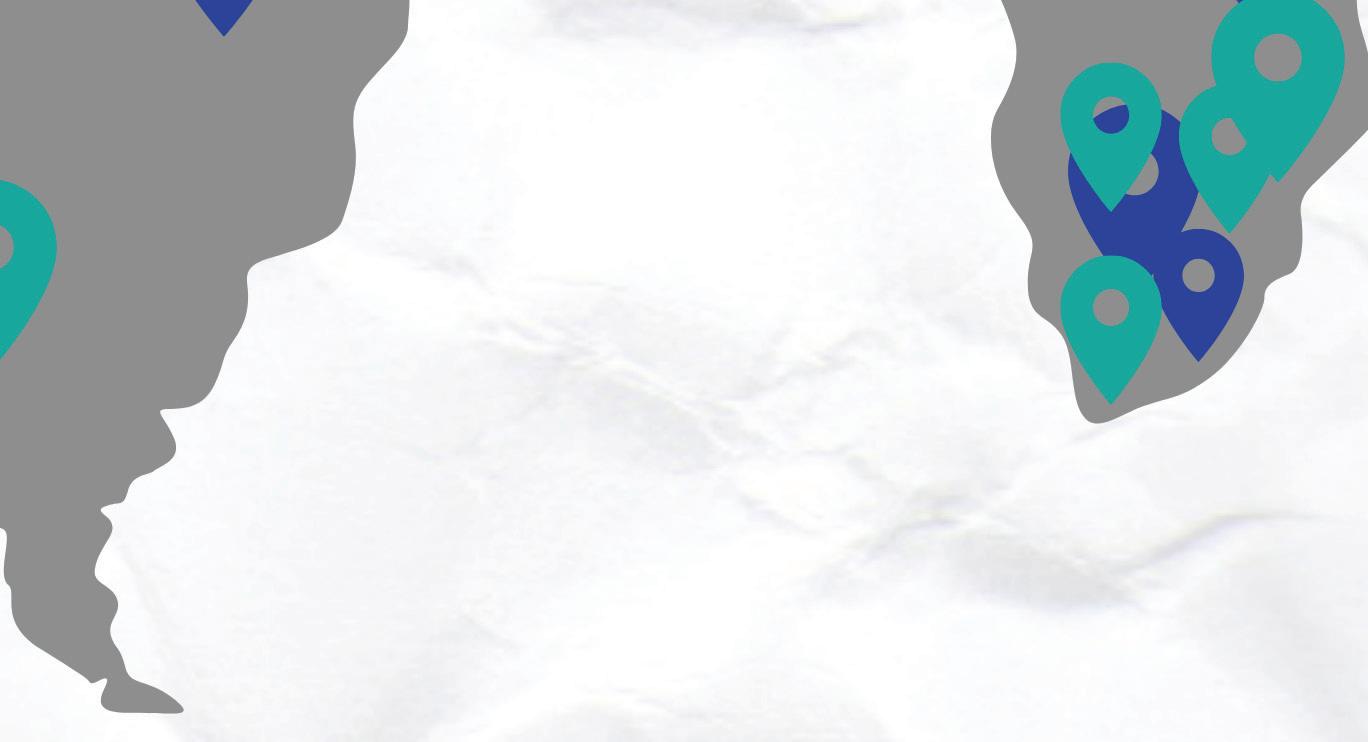

Indies




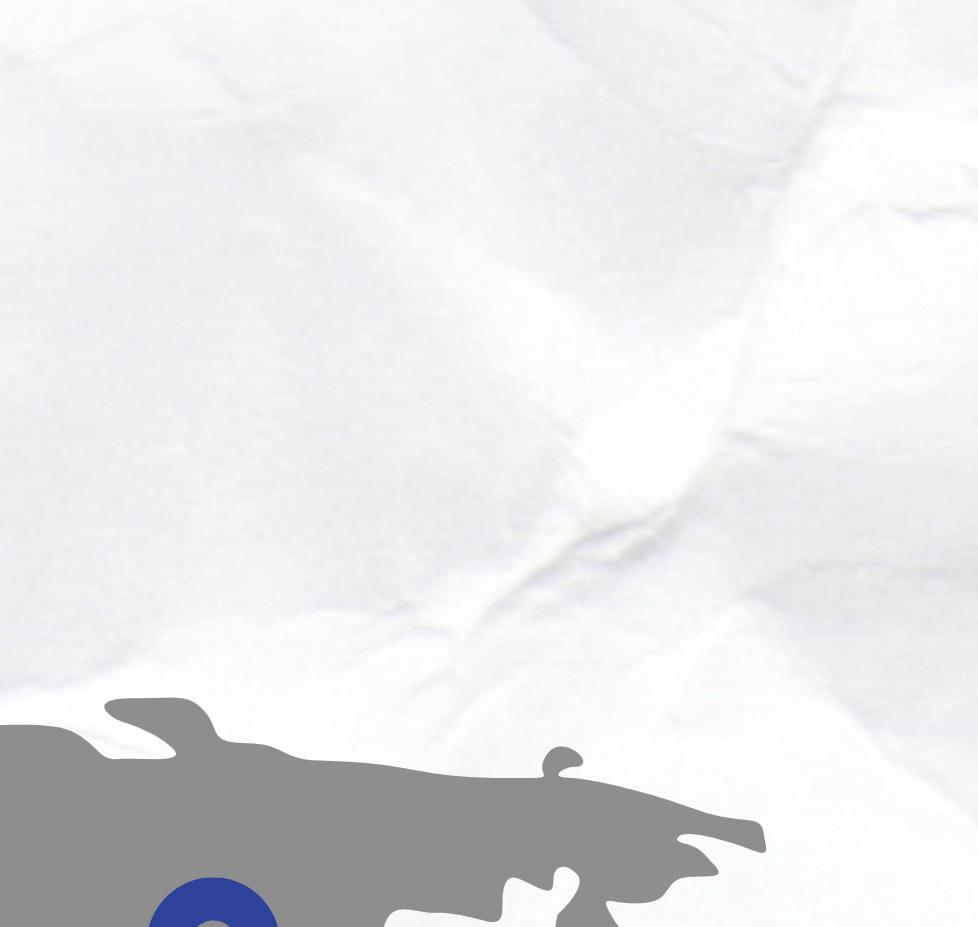








By the end of 2025, we want to increase the number of Unreached People Groups we are engaged with to 300.


Unreached People Groups (UPGs) are our primary distinctive and focus. This distinctive governs virtually everything that World Outreach does. Most activities, initiatives, ministries, services and structures support and work toward this end-goal of evangelising and discipling UPGs. All other goals are there to accomplish this main goal.



To reach the audacious goal of engaging with 300 unreached people groups, we have set a goal to double the number of our missionaries to 500.





To accomplish all this, we will need a lot more income, so we have set a goal to increase our annual income by $1,000,000.
All of this would be impossible without a prayer covering, so we have set a goal to increase our prayer base from (currently) 500 to 10,000 people. Just imagine thousands of people praying over a UPG, then one of our team going in to engage with them!





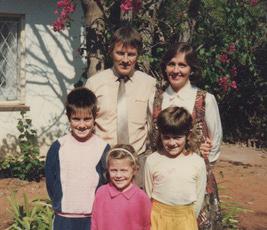
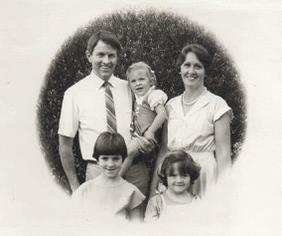
We have partnered with World Outreach for 30 years. Joining in 1992, just prior to the 60th anniversary, this was a real God moment, but we didn’t realise it at the time. Let us explain….
We left New Zealand in 1983 for Botswana, Southern Africa, with two young daughters. Our third daughter was born in Botswana in 1984. We had been on the field for nine years serv ing in two locations in Botswana. Those nine years were formative but served up some rough experiences. Our missions’ oversight let us down. Then a home church collapse meant we lost all our financial support. You could call it Faith 101!
In 1991, (then) WO missionary and friend, John Elliott asked if we would consider joining. We knew John and Mary and other missionaries in World Outreach. Yet we were not keen to join World Outreach (or any other organisation for that matter). But God had other plans…
We were travelling to New Zealand for furlough in late 1991 and had a stopover in Sydney for a night. Australia is very different to New Zealand, but we had been living cross culturally for nine years in Africa. So, Sydney felt like landing in New Zealand! I understood everything going on around me. It was like I was “home”.
The next day on the flight to New Zealand, I was reflecting on my Sydney experience. The Lord popped a question into my mind - “You know how you understood everything in Sydney?” The Lord continued, “You need to be where others know you and you know them!” Immediately I knew what he was talking about. Joining World Outreach was where we would be known and accountable.
We settled into our New Zealand furlough and then connected with John and Mary, who were home at the time. “Yes, we are ready to join.” we said. We knew we were going to be in a safe place. This began an amazing journey of strategy, growth and focus towards the least reached.
We began a journey into the development of our leadership and ministry skills. As did those we oversaw in Africa.
And God had a plan beyond Botswana.
During the time we joined World Outreach we were administrators in a Bible School in the Botswana capital, Gaborone. Teaching in seminars around the country, we also established a church while there. We then moved further north in Botswana partnering in a church planting program. We took over a small expatriate fellowship and developed it into a church.
A highlight in our pastoring season was a youth revival. We went from a small Friday evening youth group of 10 to 100+. We had to use a hall to house the expanding regulars who were getting saved and filled with the Holy Spirit. We also impacted many locals and expatriates who were in our church for a season.
God began to speak prophetically about going beyond Botswana’s borders to other nations in Africa. I had the opportunity to travel to Mozambique to visit missionaries there. I responded to the invitation to the war-torn nation and so began a series of visits there in the 1990s.
John Elliott (International Director at this time) asked if we would like to become the Field Directors for Mozambique but I initially declined thinking “I have enough to do already..!” John simply said, “Well, you go there already…!” I didn’t argue and that’s how we started our season as Field Directors in Mozambique. Then expanding to Southern Africa, West and then East Africa. Later, North Africa and the Middle East were added to our portfolio.
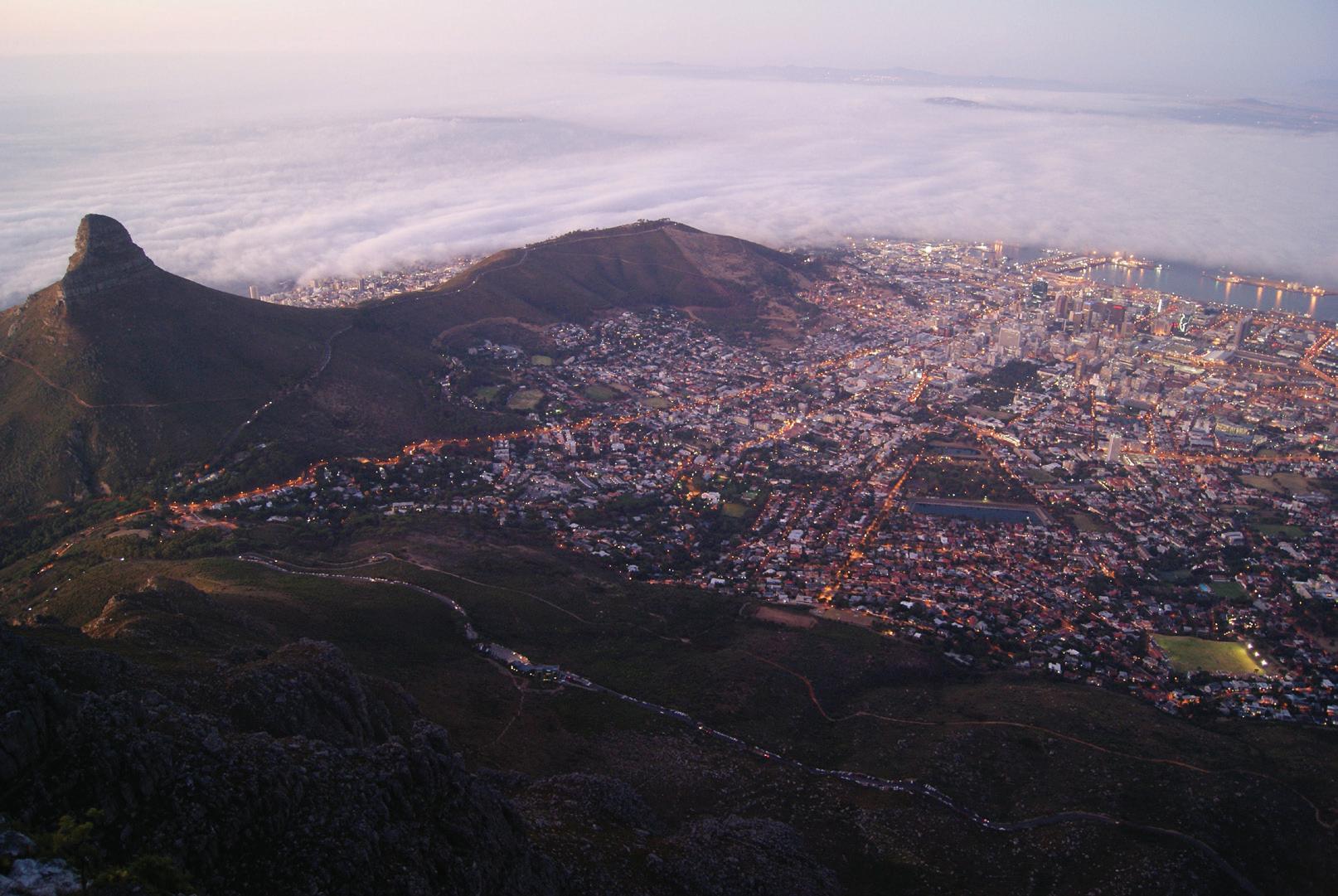
In 2005 we began to feel we needed to relocate to South Africa to better serve World Out reach. Pastoring in Botswana and travelling all over Africa was beginning to take its toll. So we handed over our church in early 2008 after a one-year transition to the new leaders.
A furlough to New Zealand in 2008 became a two-year break. We finally relocated to Johan nesburg in 2010. We oversaw the purchase and upgrade of the WO house in Johannesburg. This is where we lived and based ourselves from. Many times, that house was full of WO per sonnel. They were either transiting through or needing accommodation during medical crises, etc. We held many seminars and training sessions there as well.
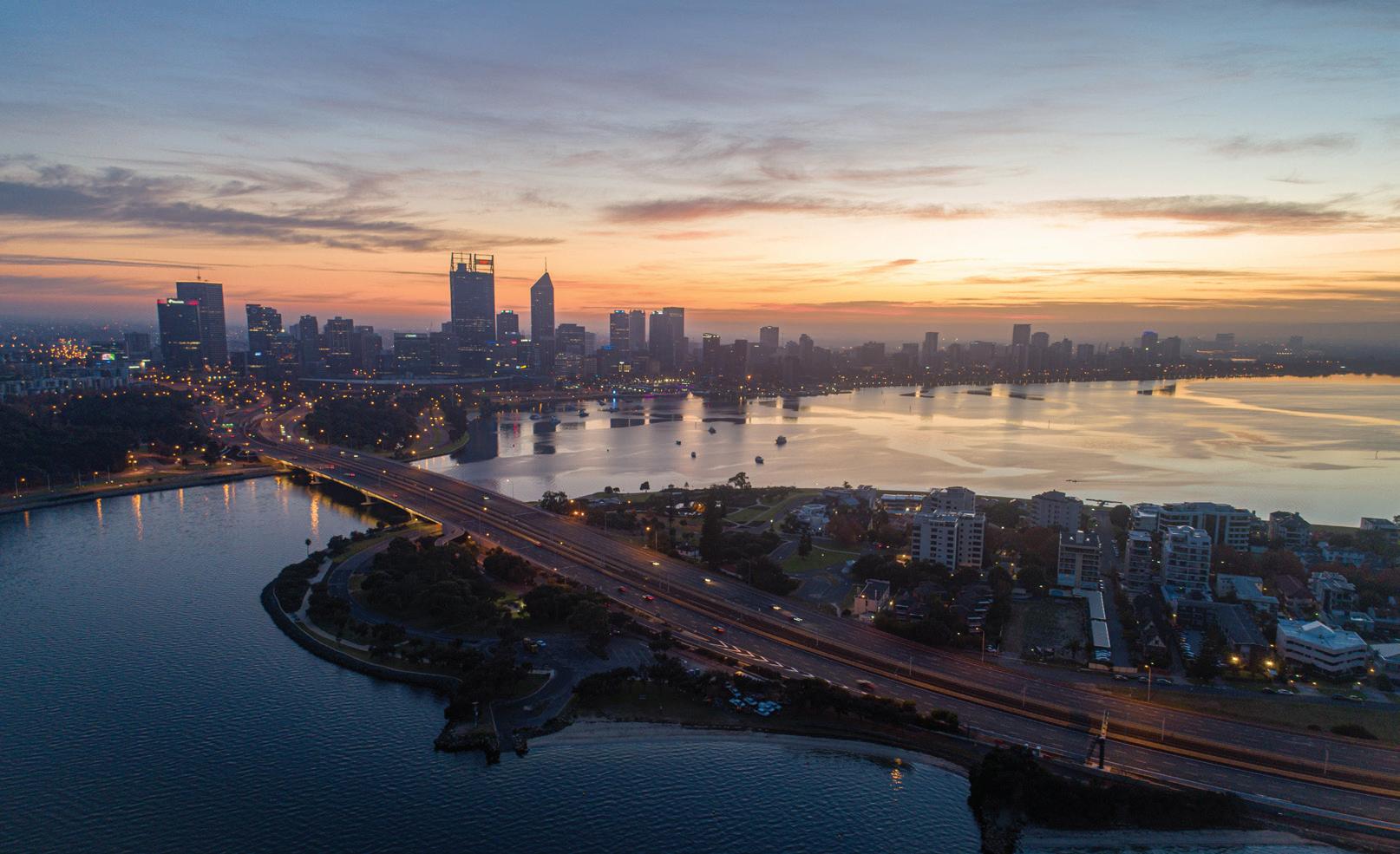
Late in 2015 Bruce Hills (current International Director) was visiting Johannesburg. We discussed with him how we felt it was time to move to Australia to be near our family. God confirmed this and we arrived in Perth in late 2016. We continued to travel back into Africa for a further two years to the end of 2018. Handing over our role was not easy but it was the right time. World Outreach has been family to us. A place where lifelong relationships and accountability have developed.
NowRetirement? No way! Although life has slowed down (especially with less travel), I (Rod) took up the role of Field Coordinator in Australia until the end of 2021. I also served on the WO Leadership Training Team. I have also enjoyed mentoring some of the students who joined the first three cohorts. Lynley has been coordinating the mentors up to now as well.
I coordinated Member Care for World Outreach in 2021. And have continued to provide Member Care for Africa this year.

We are active in our local church here in Perth, both serving as Associate Pastors. Lynley also assists with church administration. She provides admin backup to our Senior Leadership Team which we are a part of. We love being near our daughters and grandchildren, doing family and serving God together!
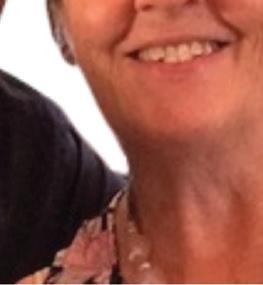
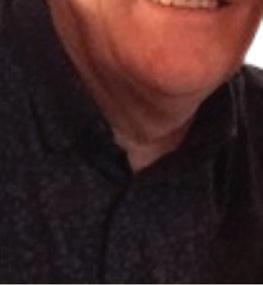
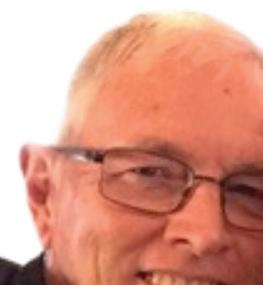
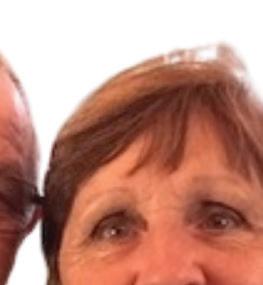
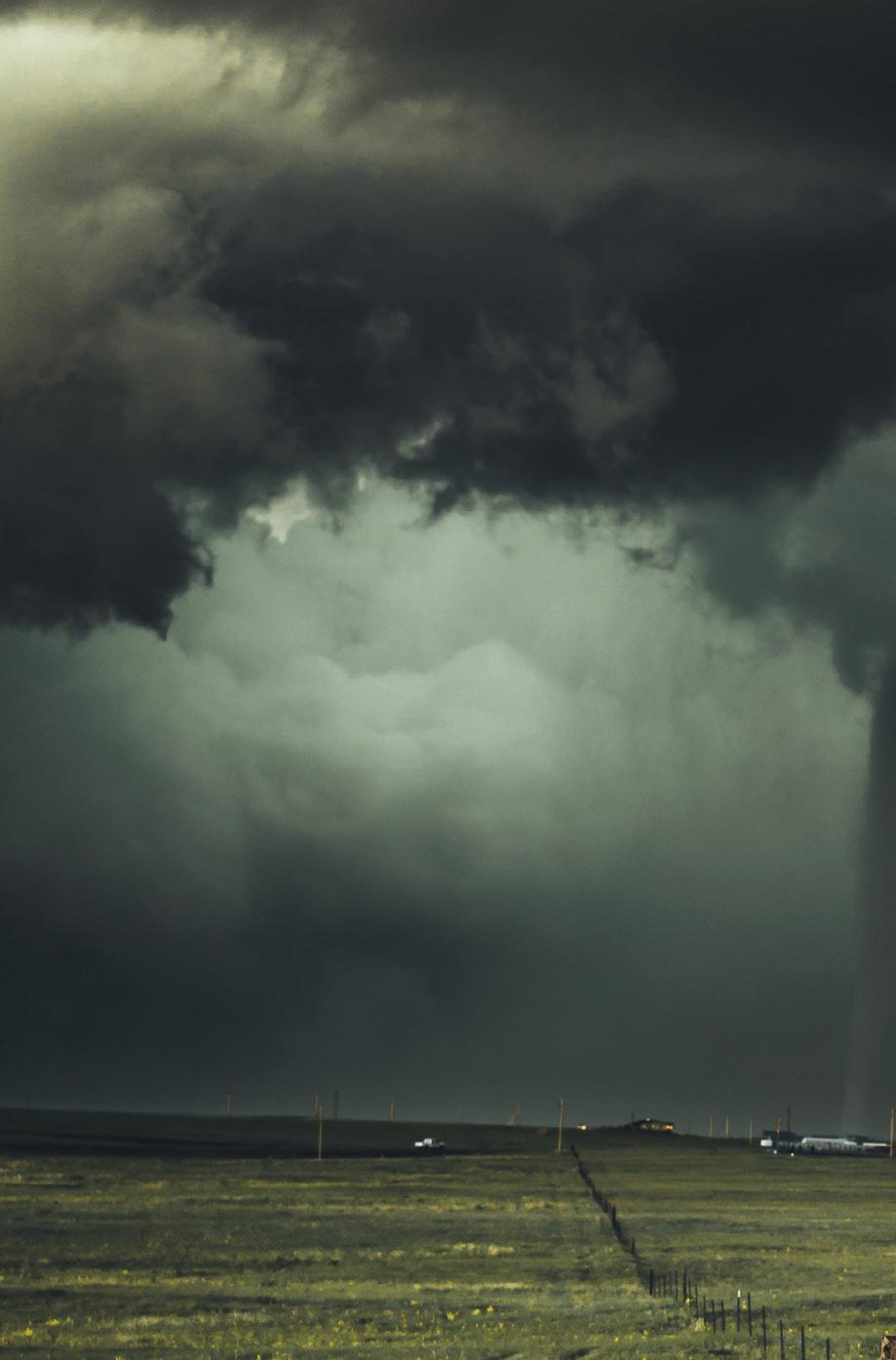
As a result of hearing the gospel of our Lord Jesus Christ many inmates have made their decision to follow Christ. Secret believers have increased in numbers in both prisons.
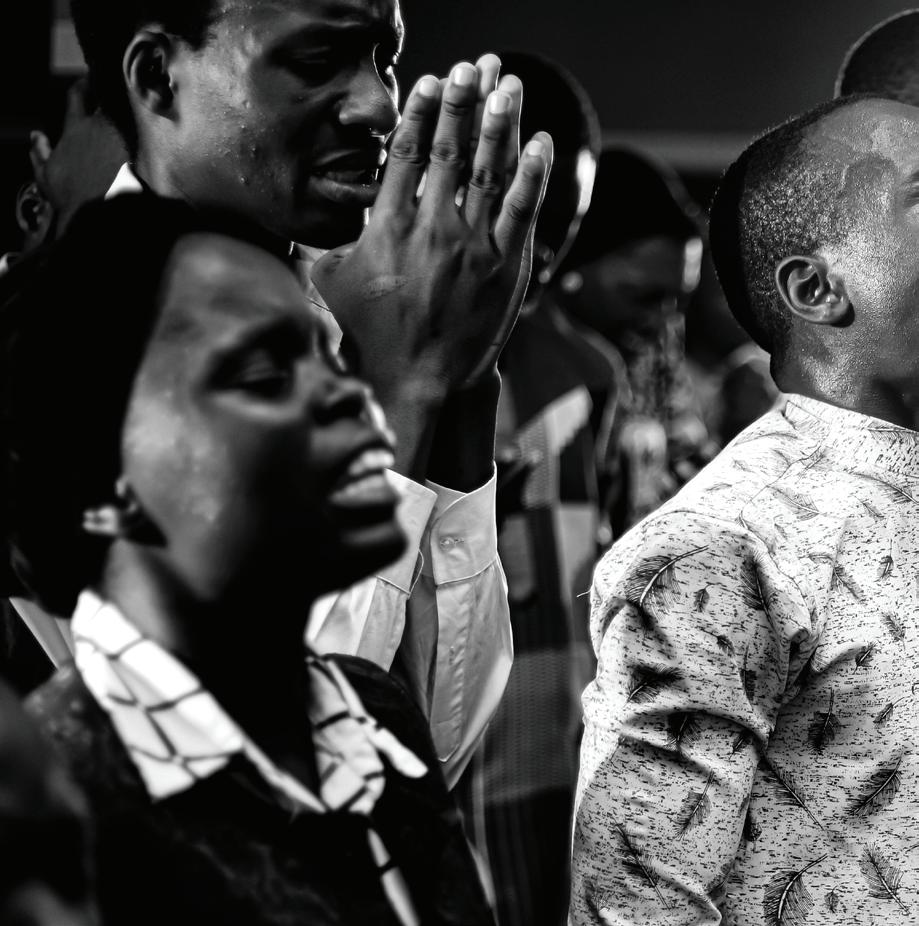
I met an ex-prisoner while purchasing hygienic items at a certain shop to give inmates during evangelism outreach. The man told me that he used to listen to me share the good news from far ends in prison and that’s how he got to know the truth about Jesus and his mission to the world, Later, this man made his personal decision to become a follower of Jesus. This man is enjoying his freedom and thankful to God for his wonderful gift of salvation behind the bars.
A young lady in a prison shared a testimony of her transformation through listening to audio bible every day. She said, ‘’I was very stressed, violent and stubborn when I came into prison. The Word of God has totally changed my character. I have decided to trust God with my life and seek peace with all people.’’

God has graciously given each culture an awareness of him. Local worshippers wear a woven bracelet of 3 colours; white, black and red. White stands for perfection, black for sin & red for fire. We see this as a bridge for the gospel. I’ve had several opportunities to explain the gospel message using these 3 colours (except we say red is for blood & the cleansing of sin).

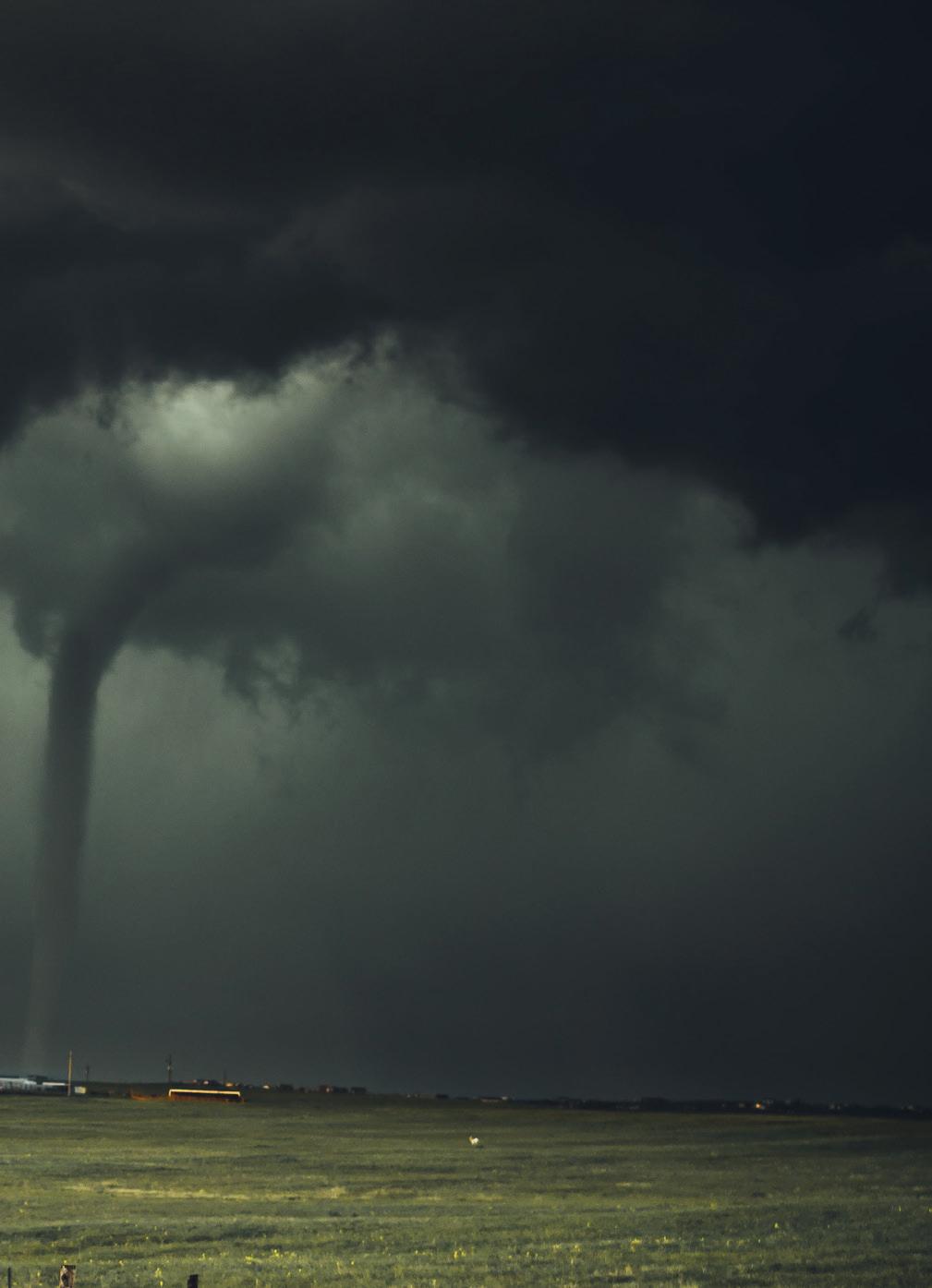
We flew into Mozambique a few days after Cyclone Gombe hit. It was sad to see how many houses were destroyed and to know there will not be a good harvest because fields have been destroyed. When we distributed food in the area, I saw people eating beans and pumpkins before they were fully ripe. More than 700,000 people were affected and over 90,000 hectares of fields destroyed. 26 of our health posts were heavily damaged, and 107 health care workers have damaged homes or in some cases lost their homes altogether. Nevertheless, we thank God for preserving the lives of our health care workers. God also provided through my home country’s embassy which gave us 15,000 Euros to help with the reconstruction of our health posts!


In April 2022 we had a training of 45 pastors. They requested Dr. Davidson Chifungo of Veritas College to facilitate reconciliation of the pastors. The pastors opened their hearts and cried in an amazing time of prayer and confession. When I asked one of the pastors that night how he experienced the process, he answered: “God visited us tonight.”


World Outreach Field Worker, Chuenjit Mangkaew, received a Royal Decoration on the 6th June, 2022 at the Youth Remand Administrative Office in Pathumthani Province. This award was given in recognition of her exemplary service exceeding seven years on the Board of the Youth Social Welfare Department.
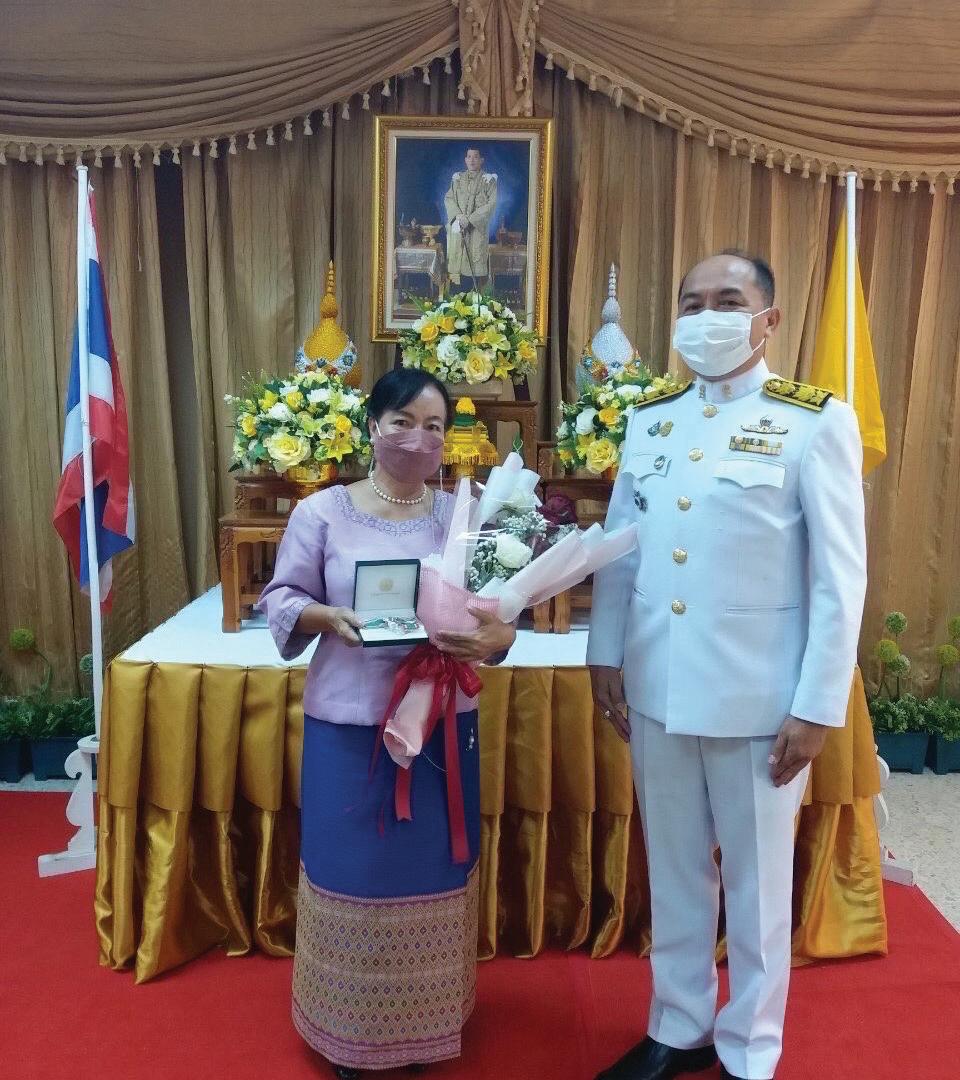
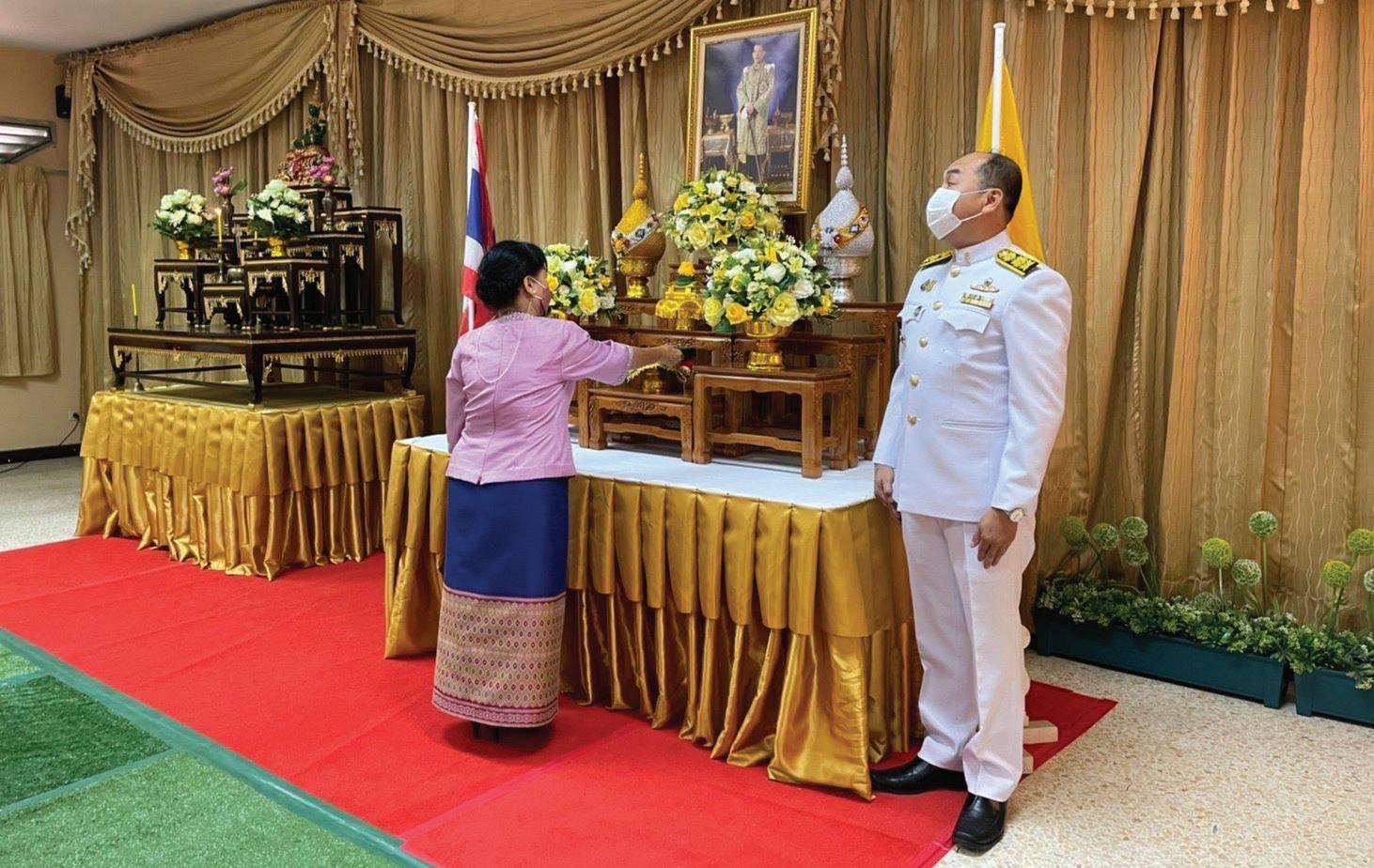
The Board Chairman, Mr Sombat nominated Chuenjit for this award. In his commendation, he wrote: “Mother Chuenjit has worked together with the staff of the Youth Social Welfare Department for more than seven years from 2008 - 2022. She has compassionately cared for these needy young people by taking the role of foster mother for those who have been left with no living relatives - even representing them in the Courts. She has faithfully visited the incarcerated youth, often bringing other visitors with her to run activities that have encouraged the young people and increased their self-confidence. As a result of her work, most of these young people have not re-offended following their release.”
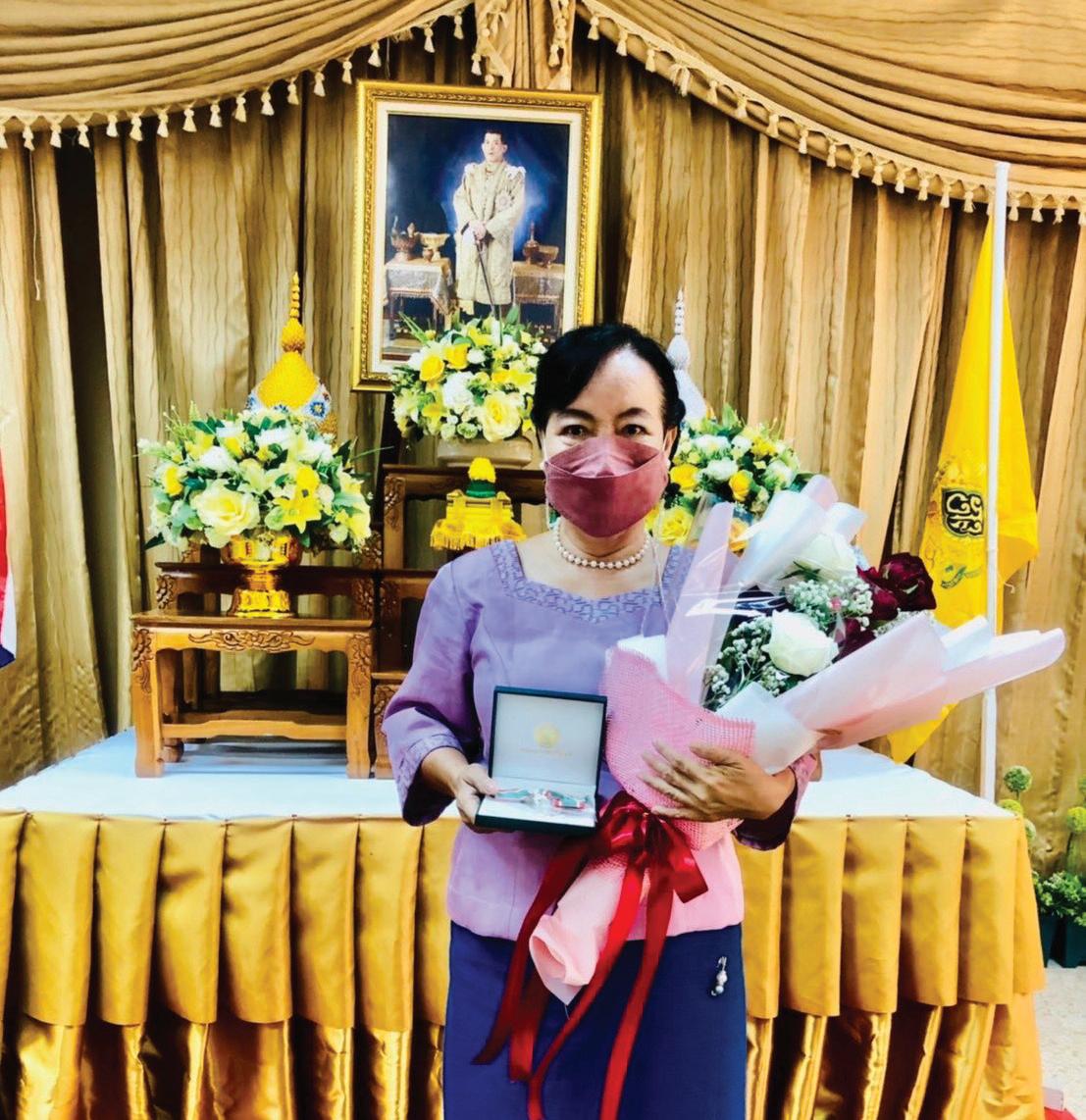






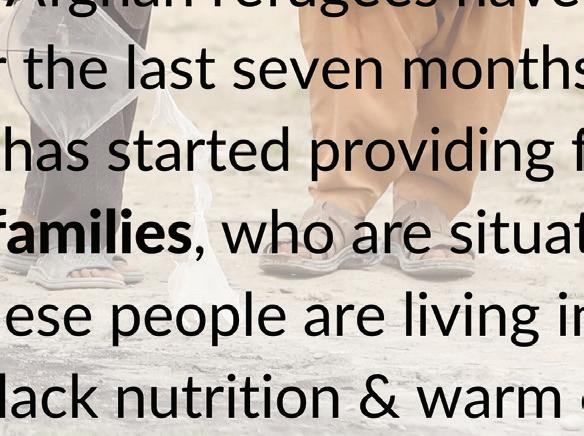
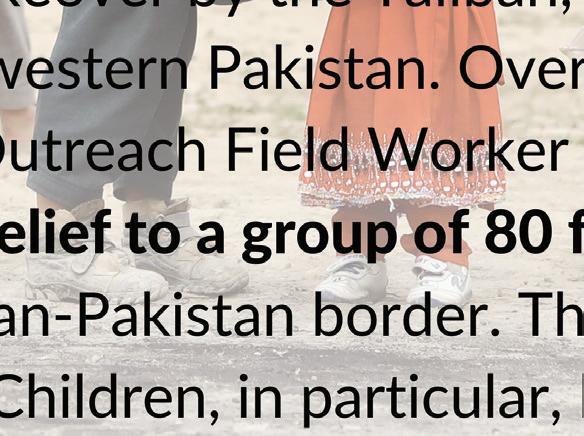
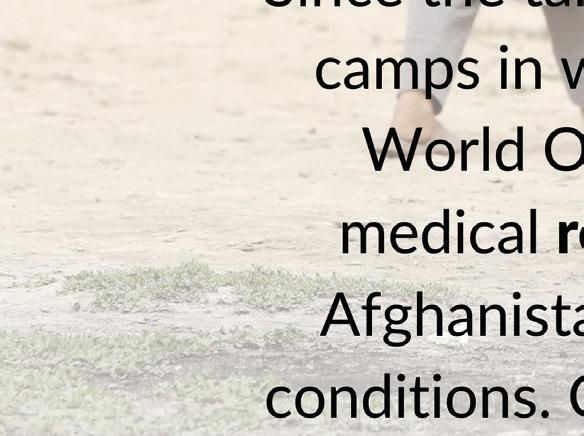
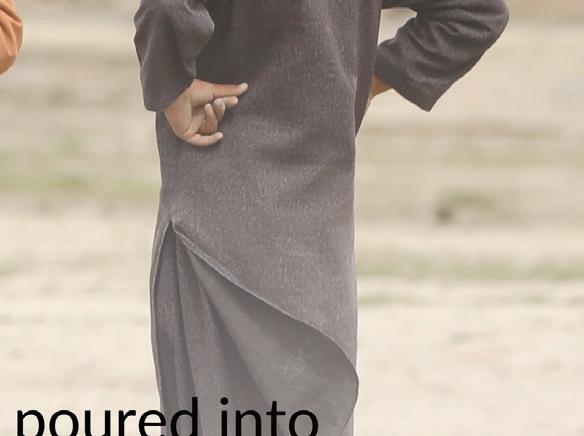
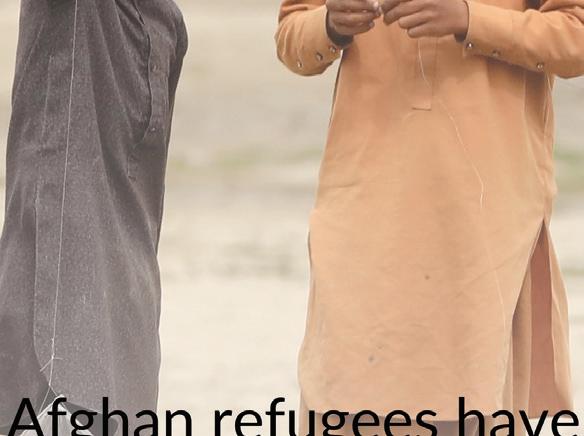
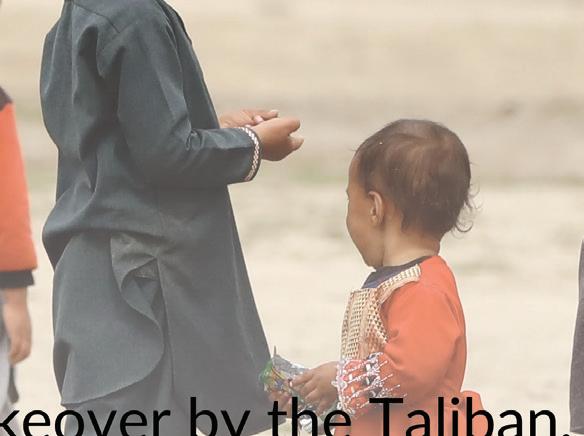


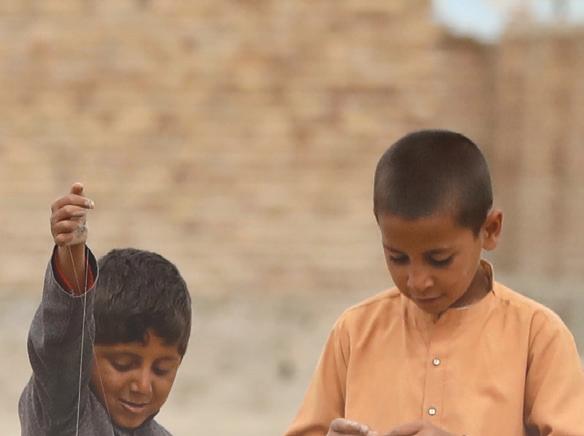
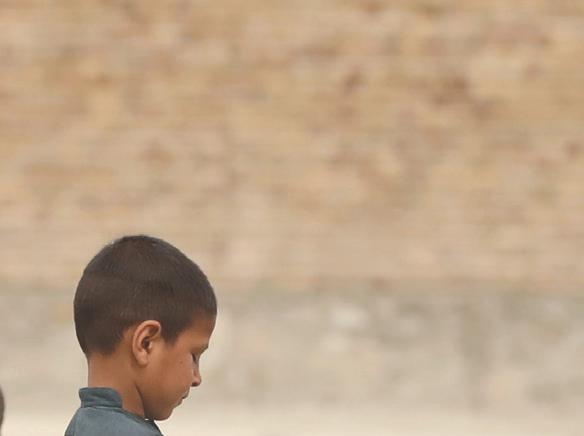

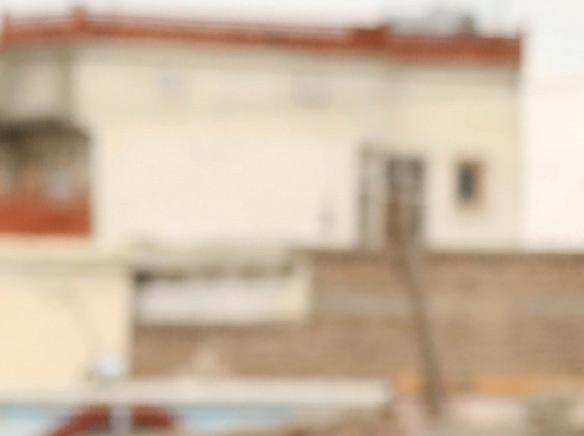


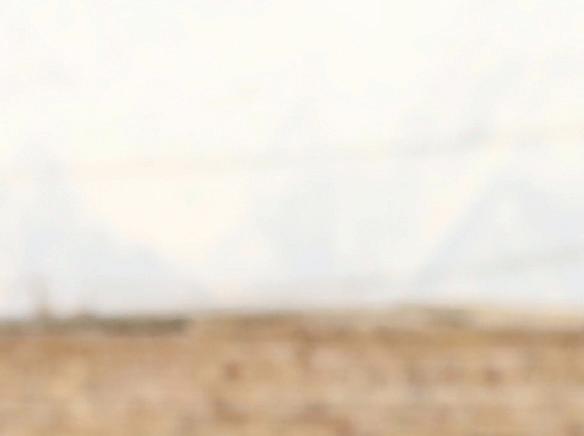



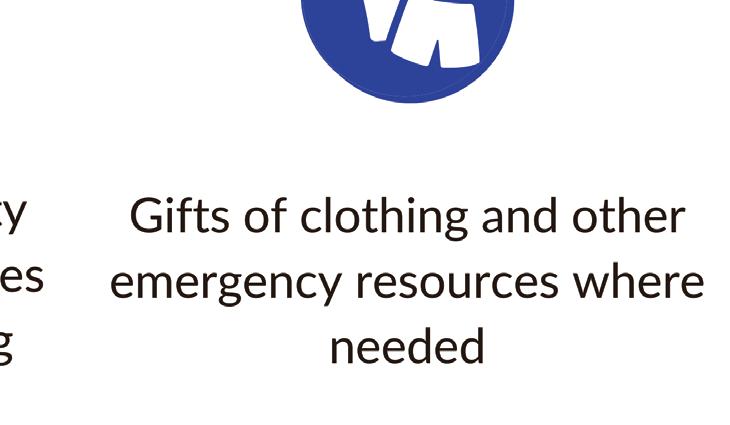
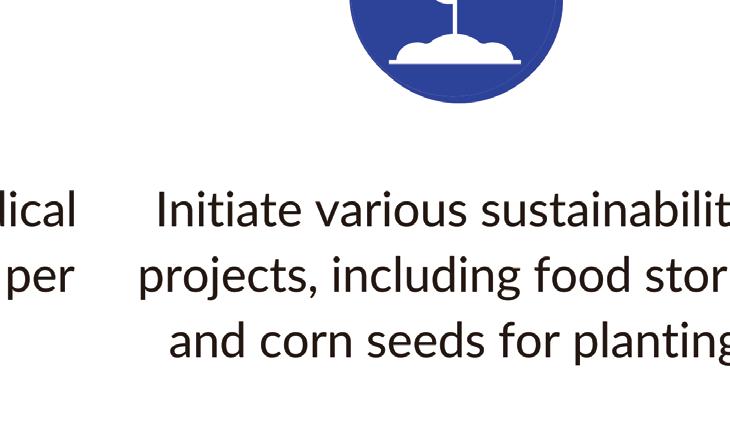














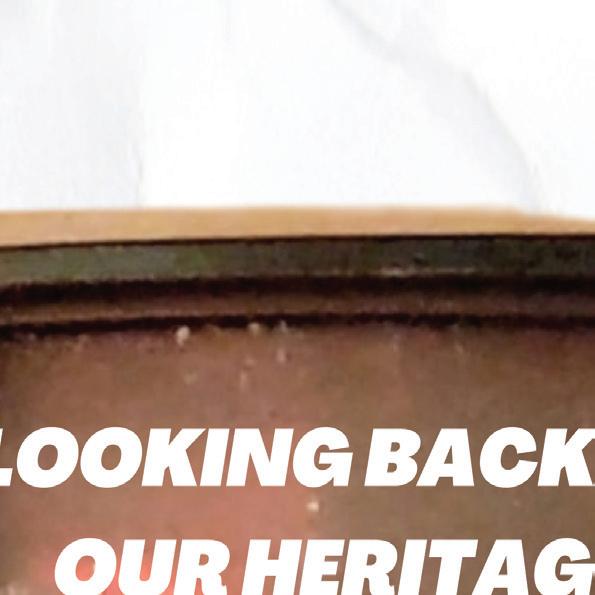


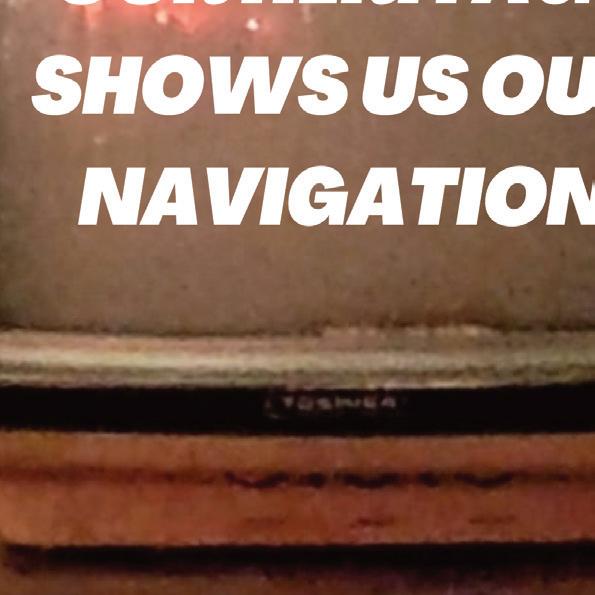






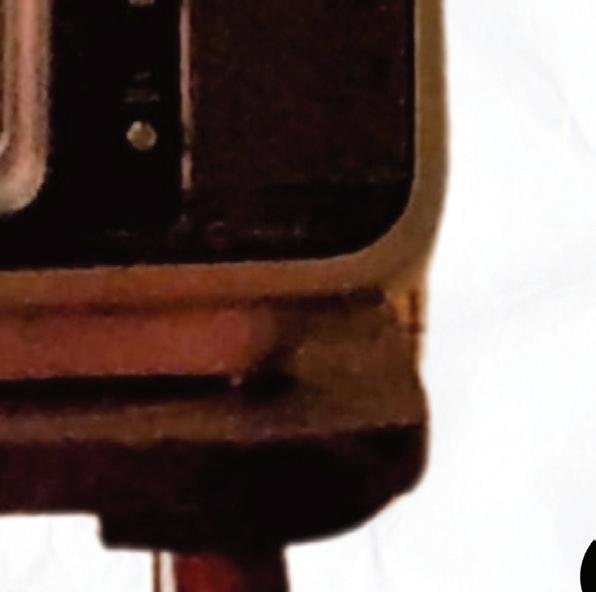
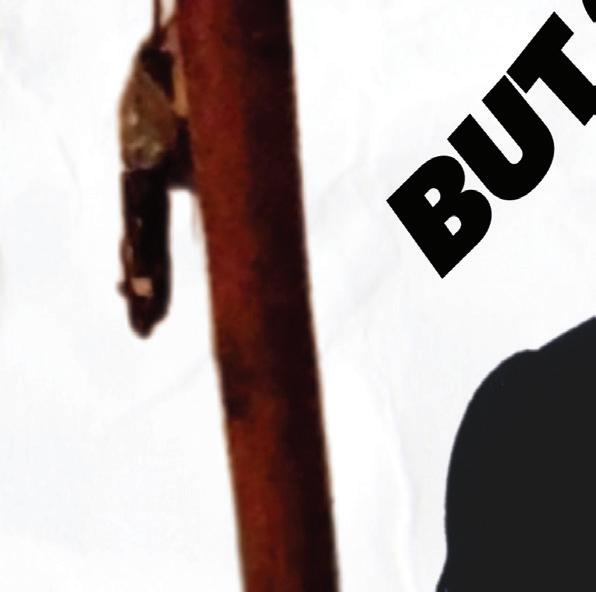









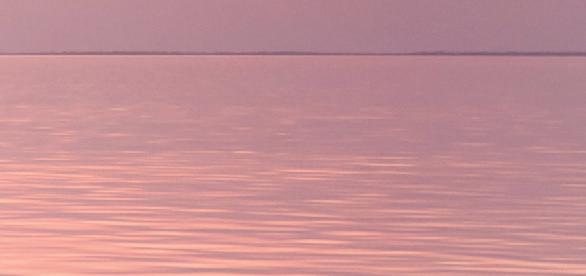



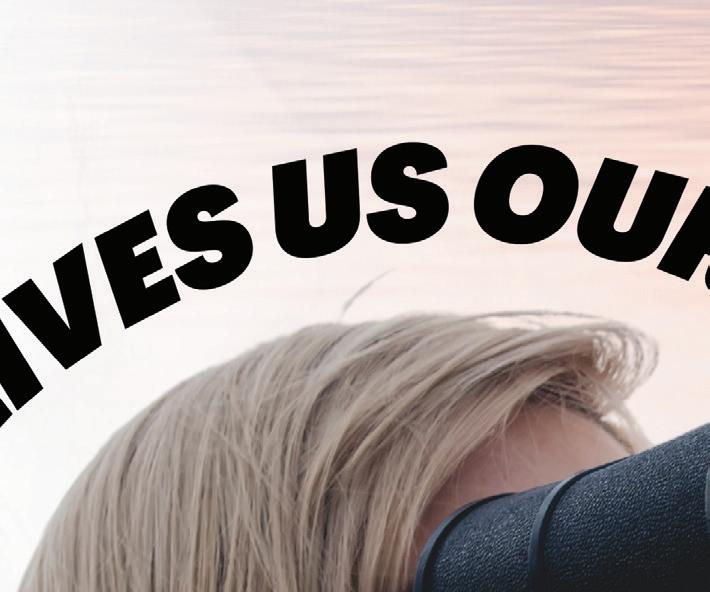











International Office:
PO Box 97230, Manukau 2241 New Zealand
T: (64 9) 263 5434
T: (64 9) 887 7150
M: (64 21) 330 874
E: woi@world-outreach.com
New Zealand:
Malcolm Bayliss (Office)
PO Box 97230, Manukau 2241
T: (64 9) 263 5434 T: (64 9) 887 7150
M: (64 21) 330 874
E: nz@world-outreach.com
Australia:
Val Ciacia (Country Director) Brooke Lewis (Office)
PO Box 136 Flinders Lane Post Office
Melbourne VIC 8009
T: (617) 5313 8591
T: (612) 8203 4530
M: +61 0456 772 107
F: (617) 3319 8928
E: admin.au@world-outreach.com
United States:
Aaron Rudd (Country Director)
615 East Sego Lily Drive Sandy, UT 84070
T: (1 801) 572 0211 ext.11
M: (1 801) 599 3370
E: usa@world-outreach.com
501(c)3 Tax Exemption Available
Canada:
Ed Tetrault (Office)
PO Box 183 Stn St. Norbert
Winnipeg, Manitoba
R3V 1L6
T: 1-204-793-1500
E: canada@world-outreach.com
South Africa:
Ivan Venter (Country Director)
Postnet unit #459
Private Bag X1288
Potchefstroom 2520
T: (27 18) 290 5285
M: (27 79) 084 2141
E: southafrica@world-outreach.com
CHIEF EDITOR:
Bruce Hills
PUBLICATION MANAGER:
Andrew M
EDITORIAL ASSISTANT:
Angeline Smith
DESIGN:
Zoe Anderson
ISSN 2624-1536
PUBLISHERS:
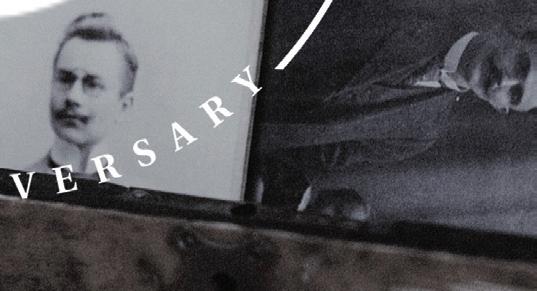
PO Box 97230, Manukau 2241
New Zealand
T: (64 9) 263 5434
T: (64 9) 887 7150
M: (64 21) 330 874
E: id.office@world-outreach.com
Thumbprints Utd Sdn Bhd Lot
24, Jalan RP3, Rawang Perdana Industrial Estate, 48000 Rawang, Selangor Darul Ehsan, Malaysia
Singapore: Kevin Chan (Country Director)
2 Kallang Avenue #04-09 CT Hub Singapore 339407
T: (65) 6464 8698
E: singapore@world-outreach.com
Malaysia: Tan Kang Hoe (Board Chairman)
PO Box 8541, Kelana Jaya 46792 Petaling Jaya
Selangor Darul Ehsan
T: (60 12) 2962082
E: malaysia@world-outreach.com
United Kingdom:
Jon Hitchen (Country Director)
BM Box 5265
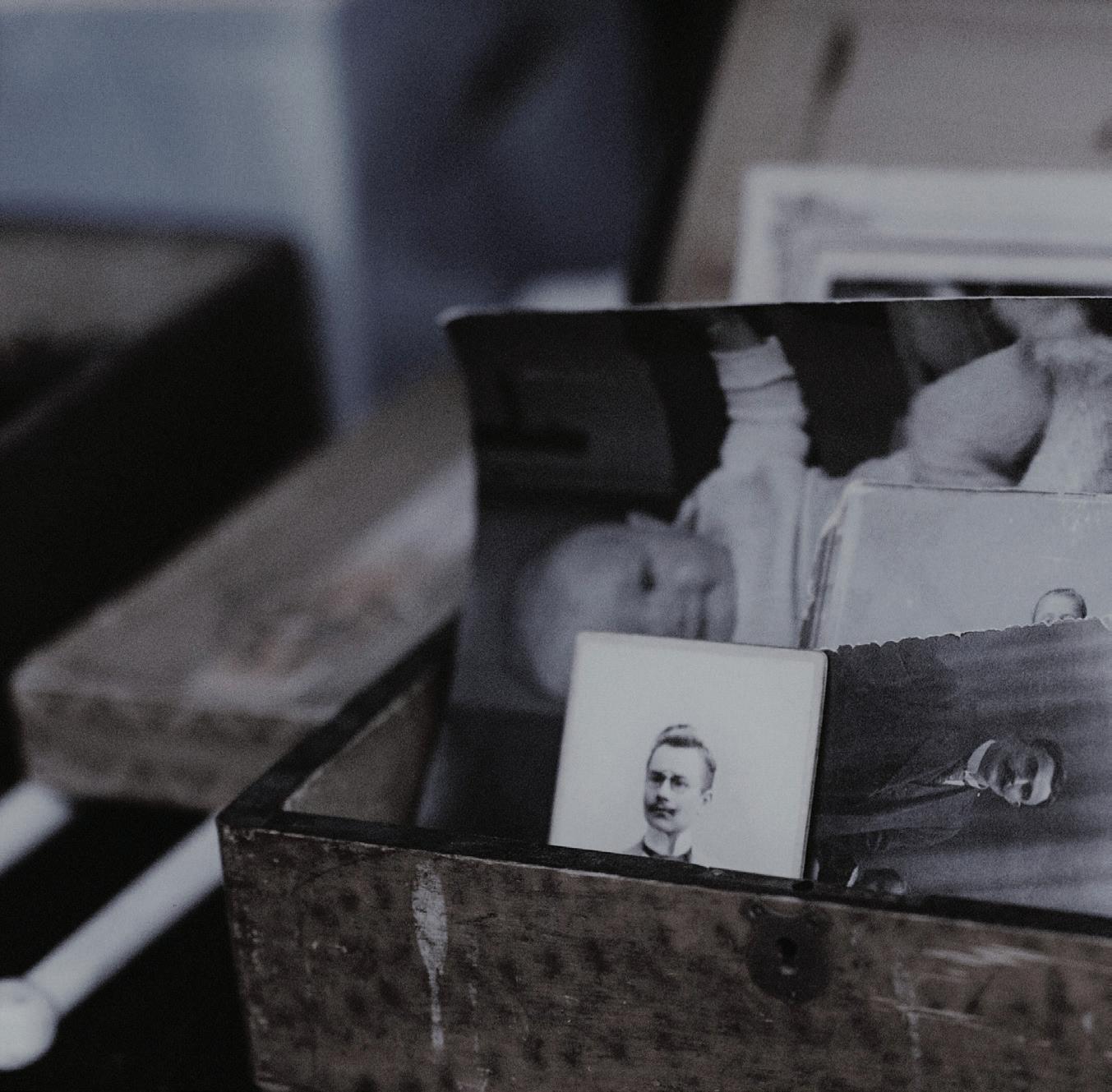
London, WC1N 3XX
T: +44(0) 203 642 4873



E: uk@world-outreach.com
Netherlands:
Chris Runhaar (Board Chairman)
Oogstweg 12 8071 WS Nunspeet Netherlands
E: holland@world-outreach.com
International Director: Bruce Hills Field Ministries Director: Ben B Executive Manager: Andrew M
International Board: Laura Kuimba, Wayne Freeman, Rachel B, Bruce Hills, Phil Somh, Choon Ooi, Martin S, Patki K
International Leadership Team: Bruce Hills, Ben B, Ivan Venter, Maria Ramos Sarah, Andrew M, Myriam W, Natasja Kelder